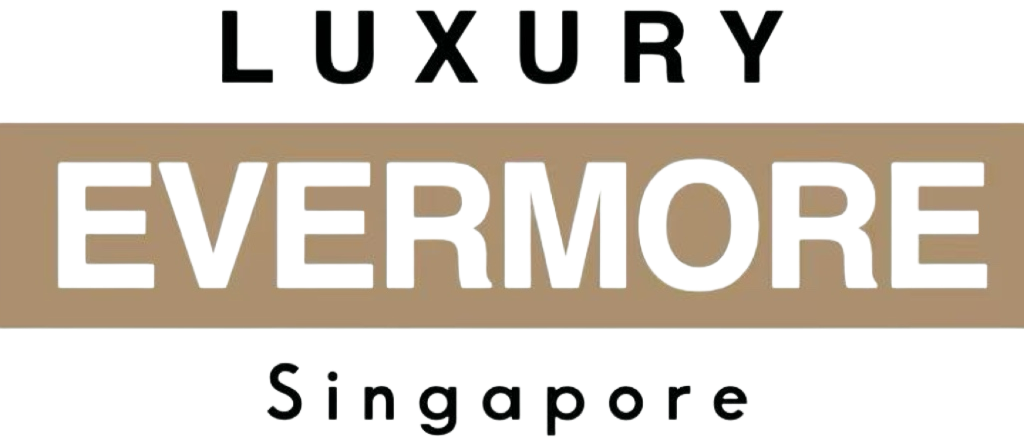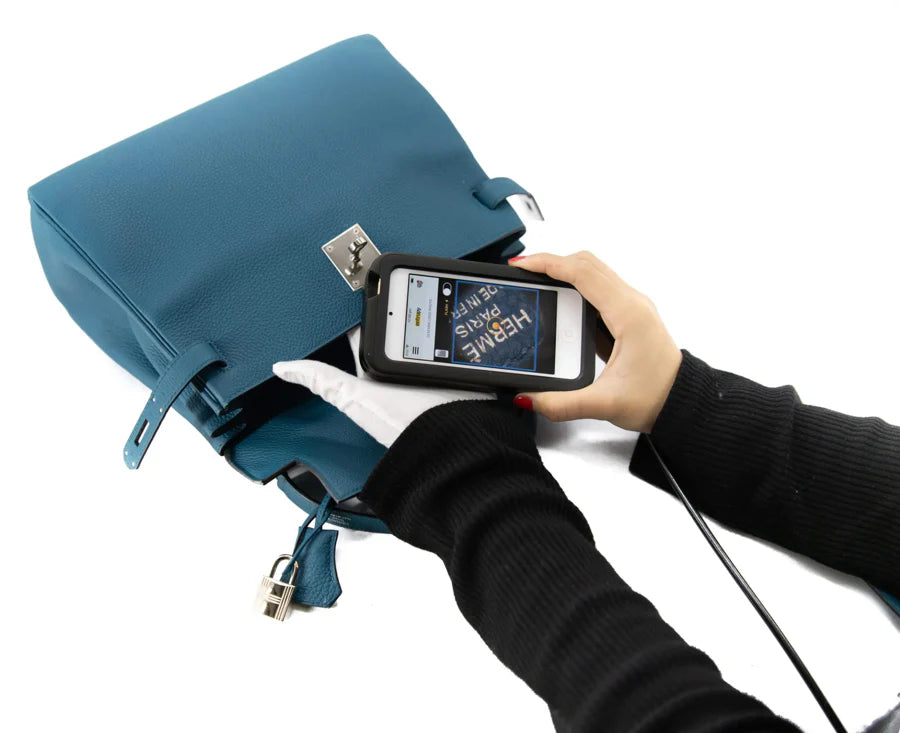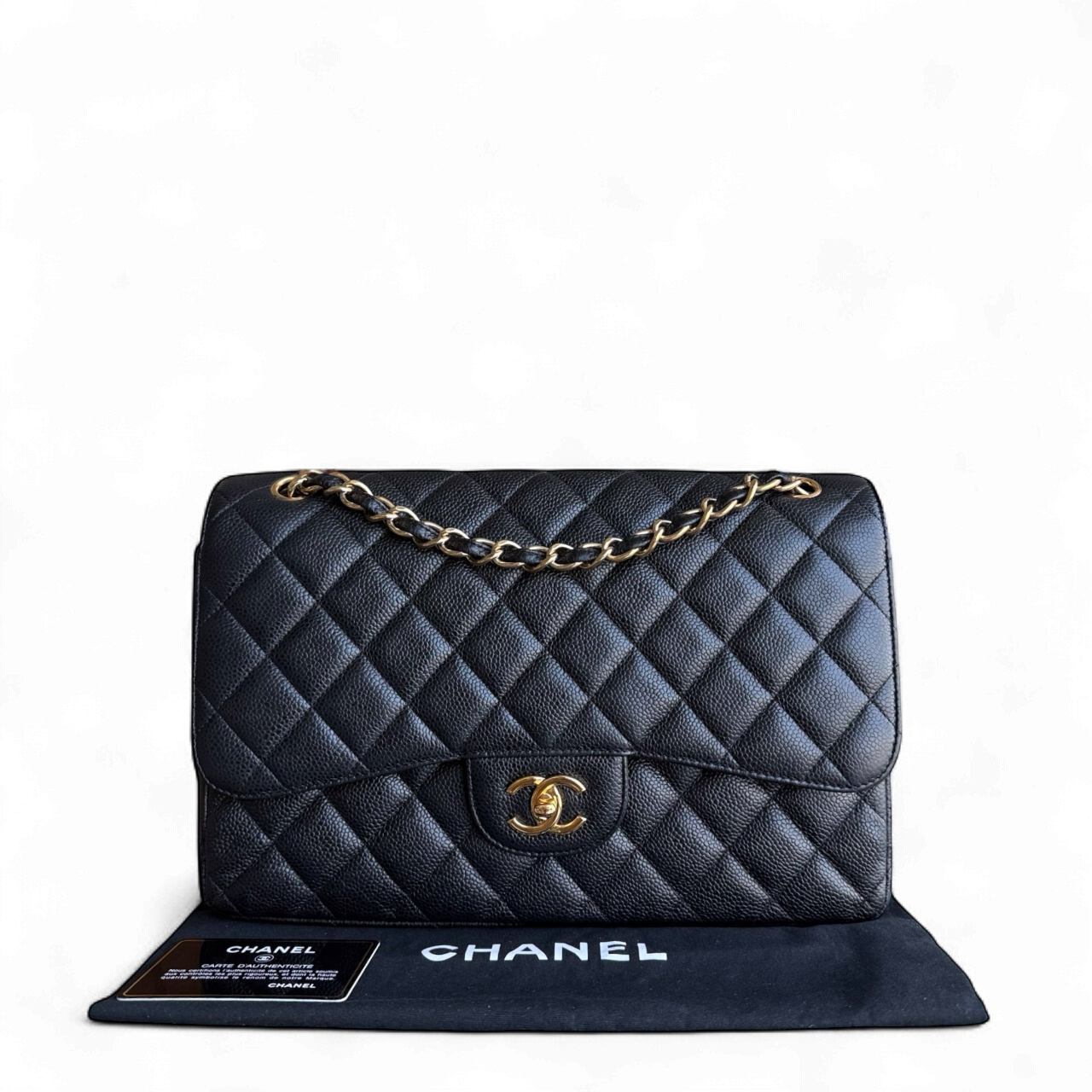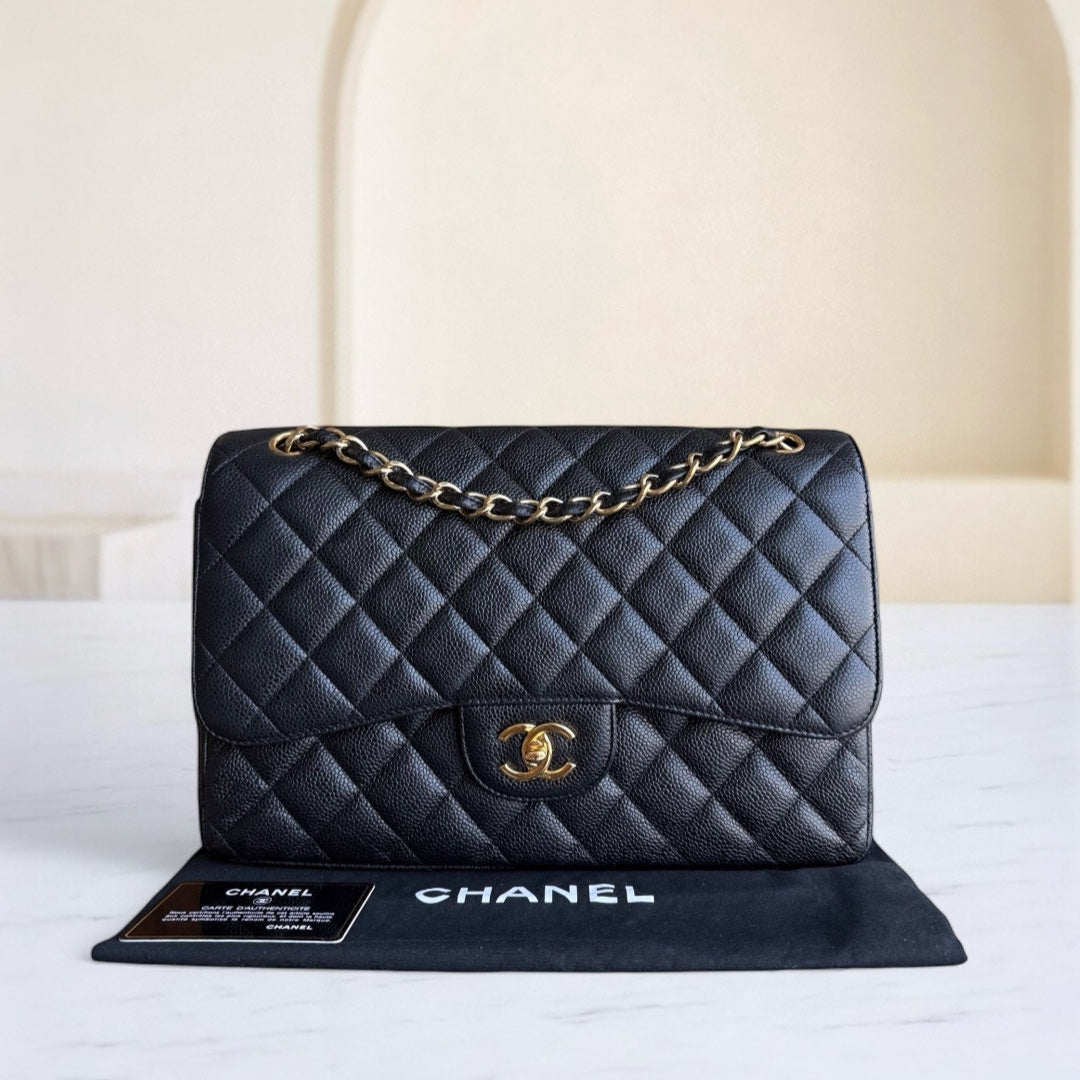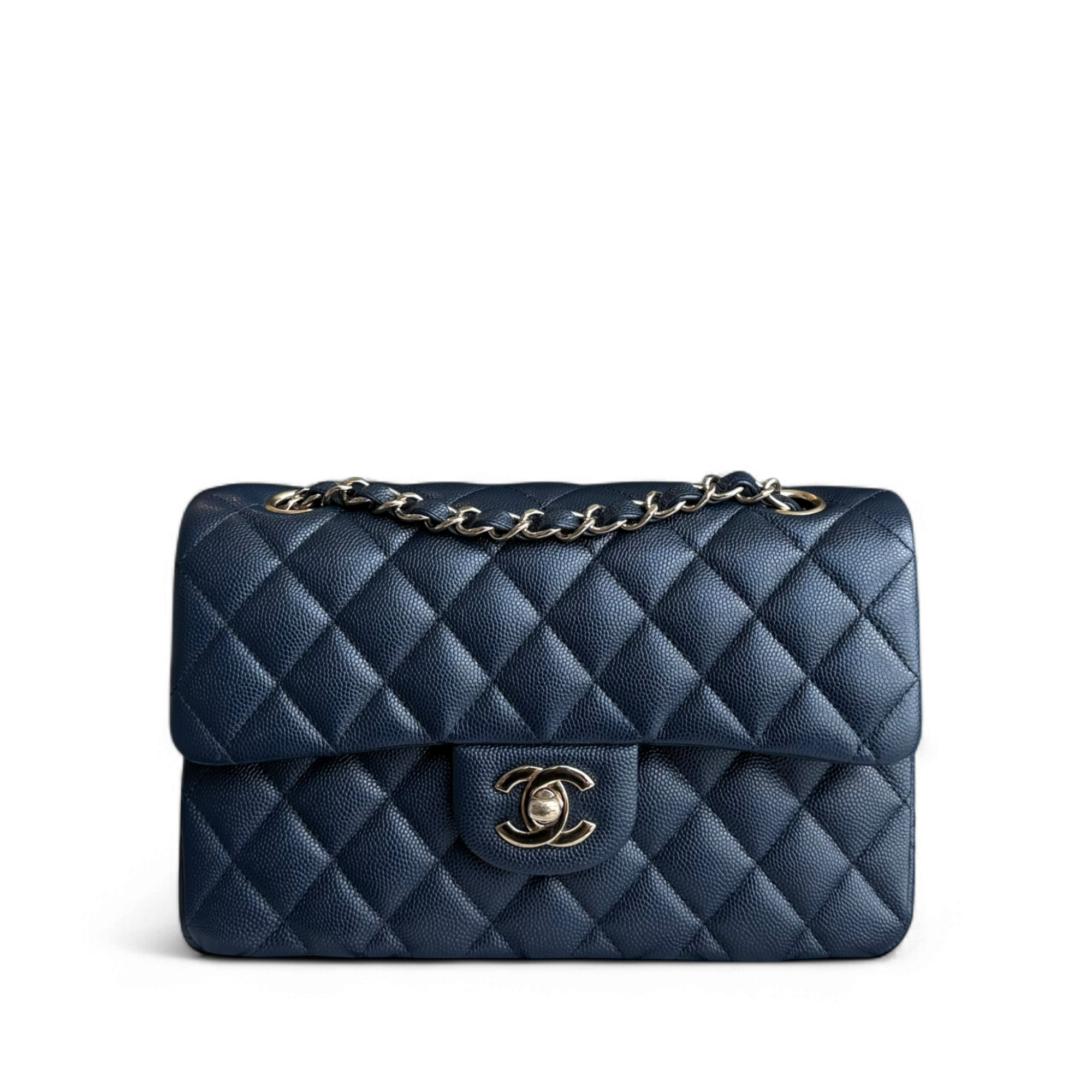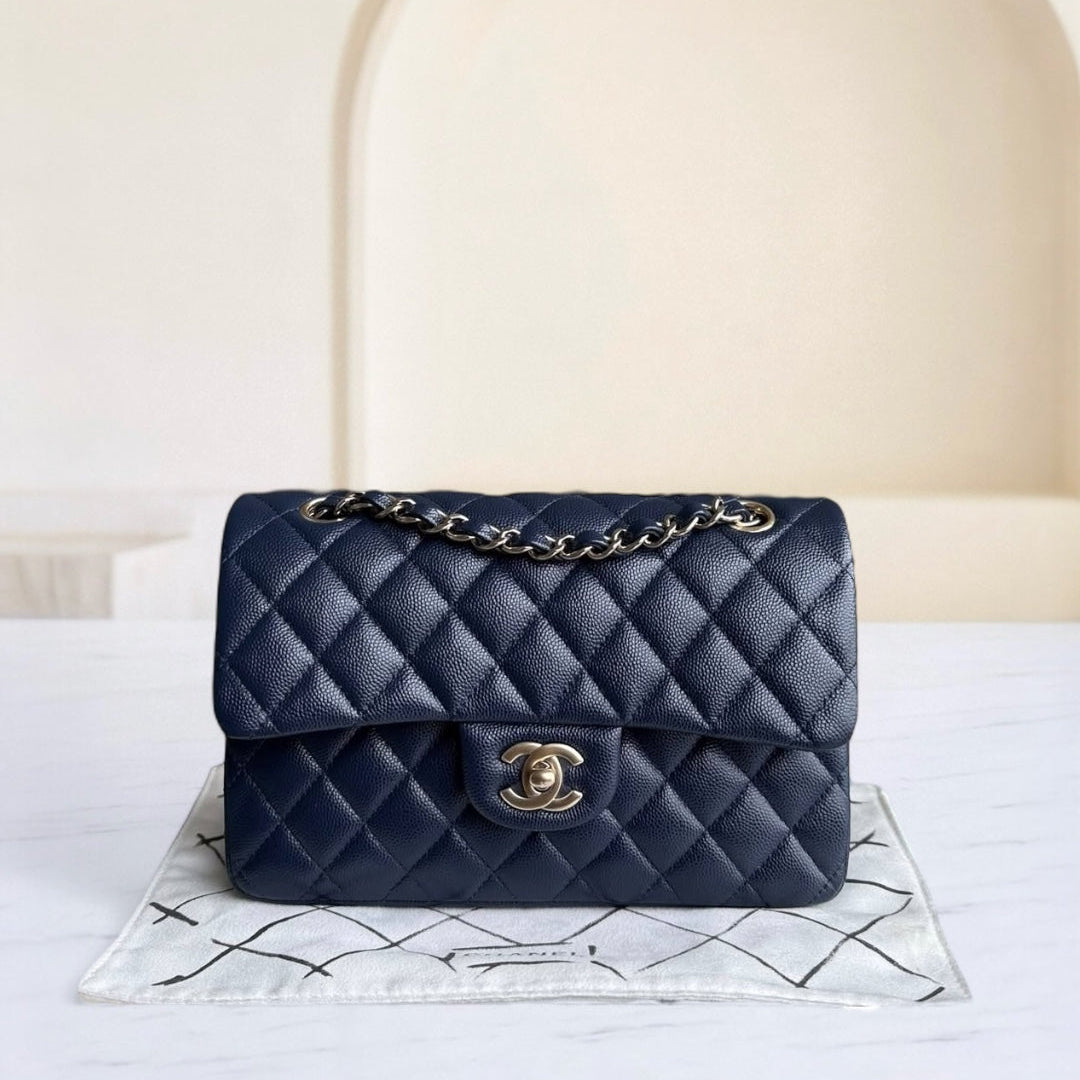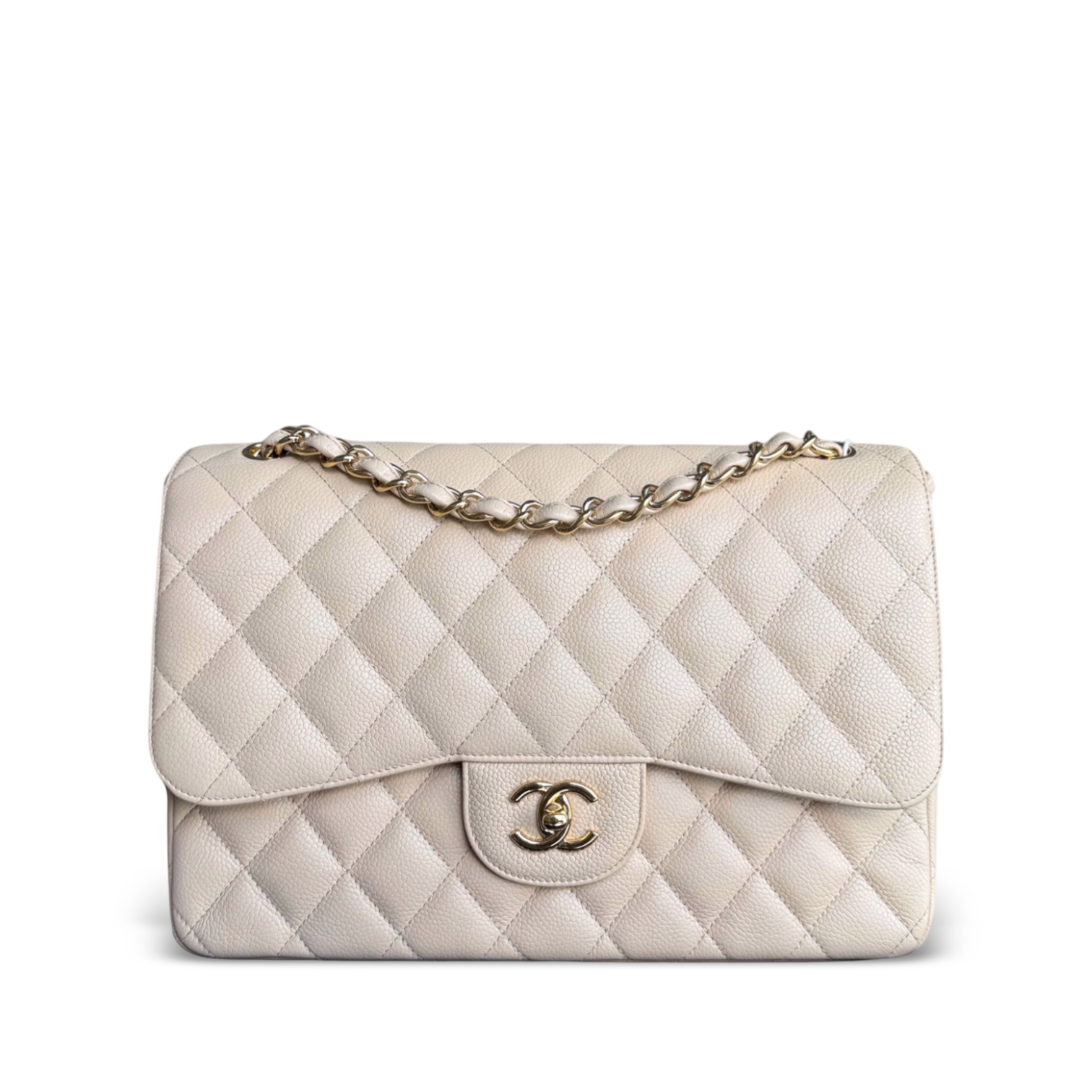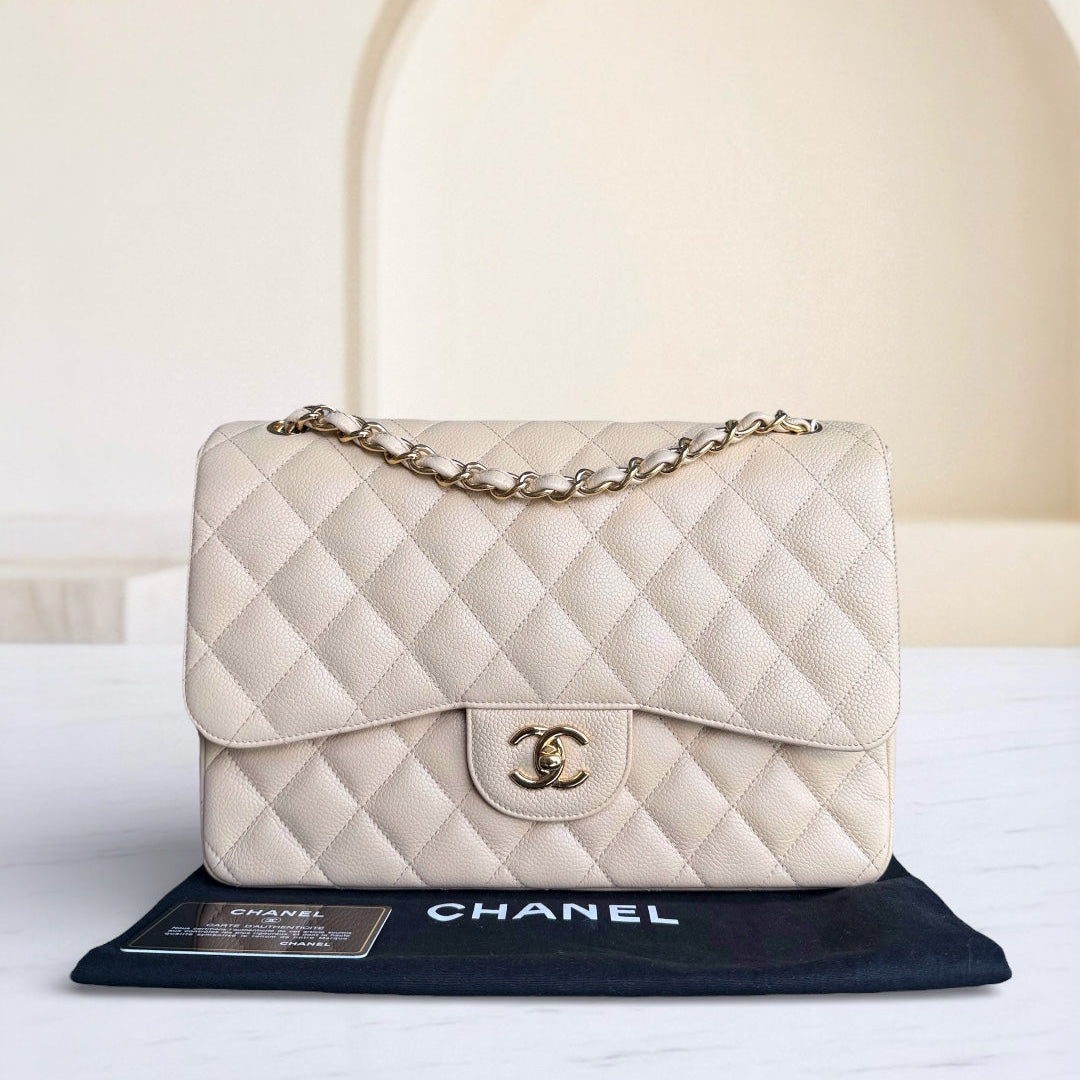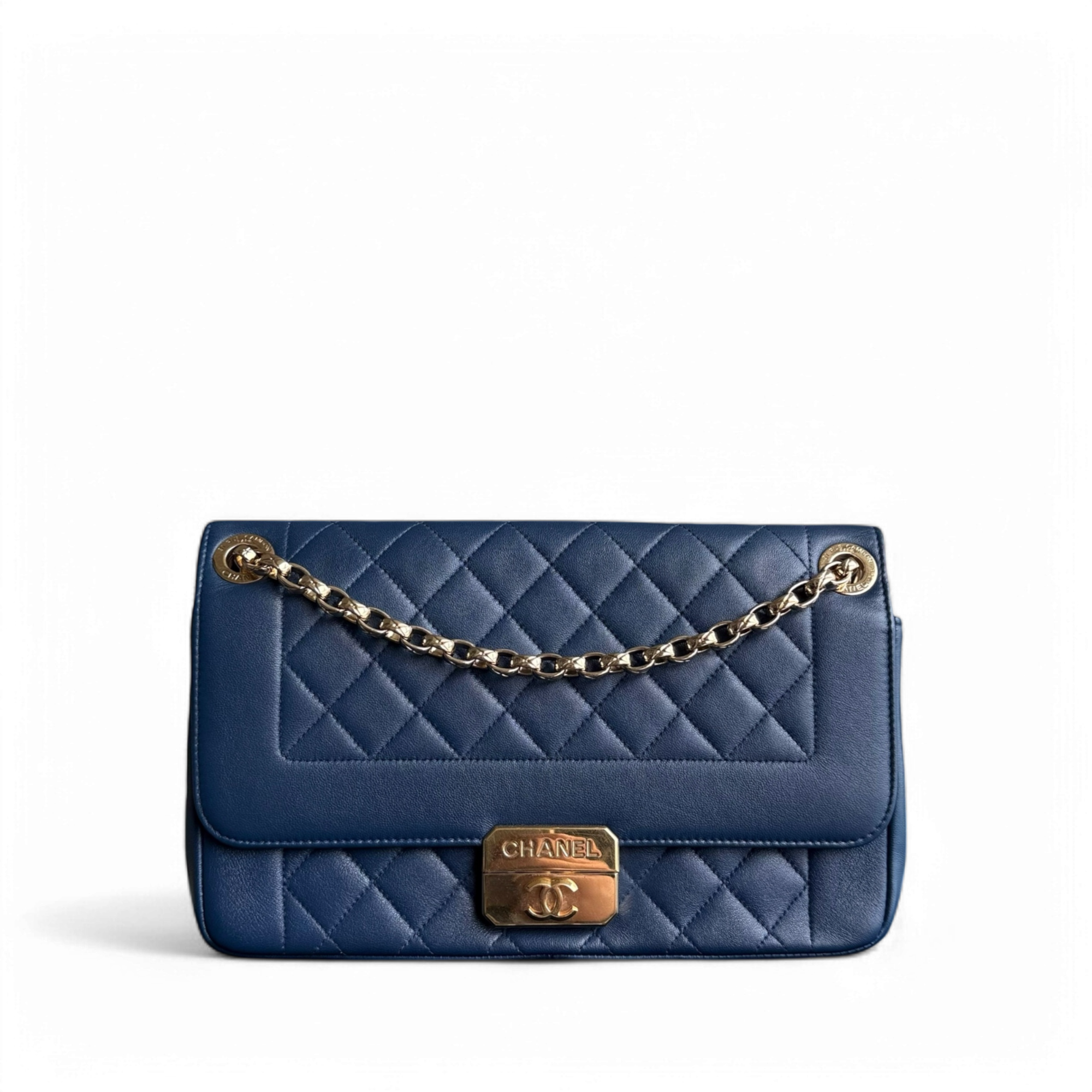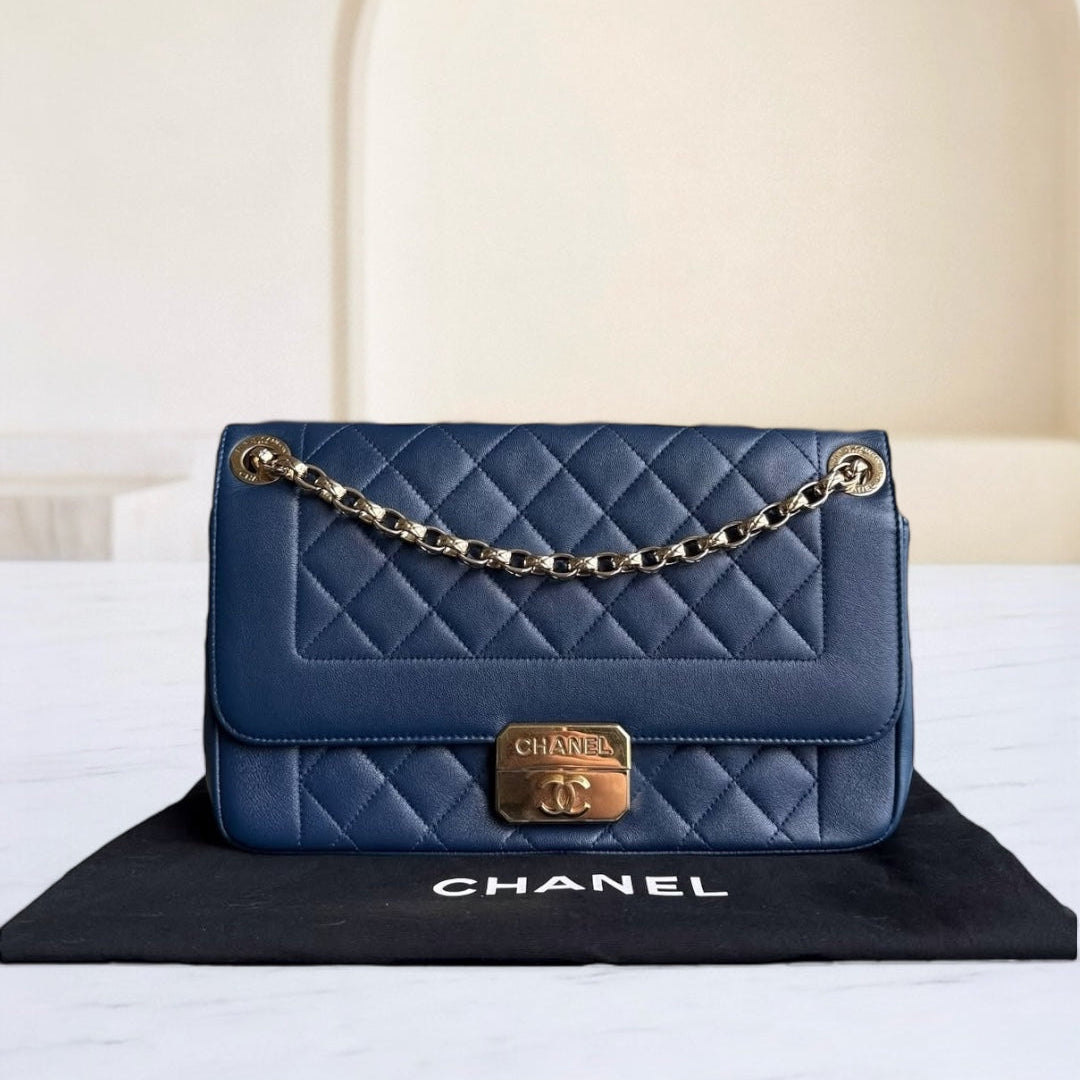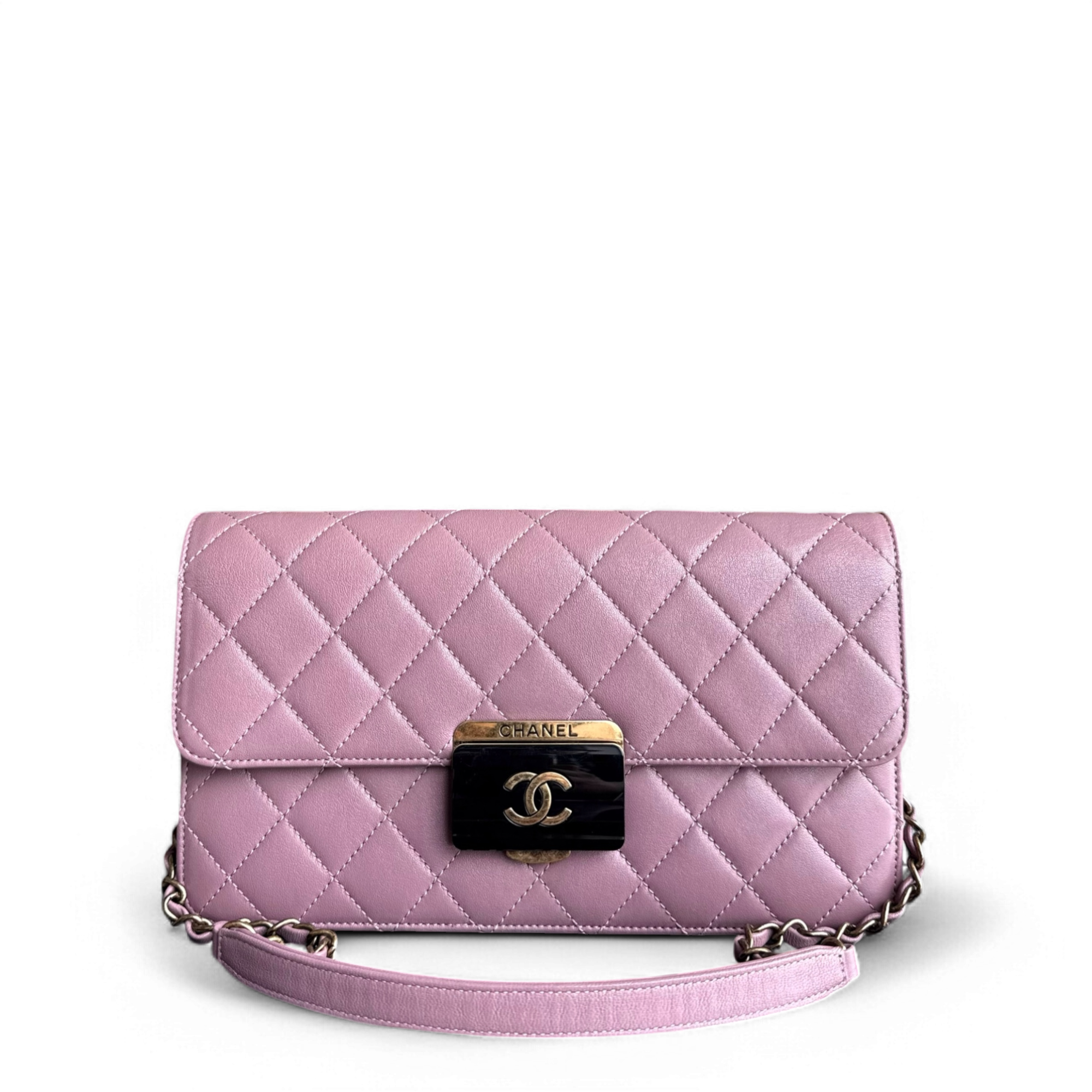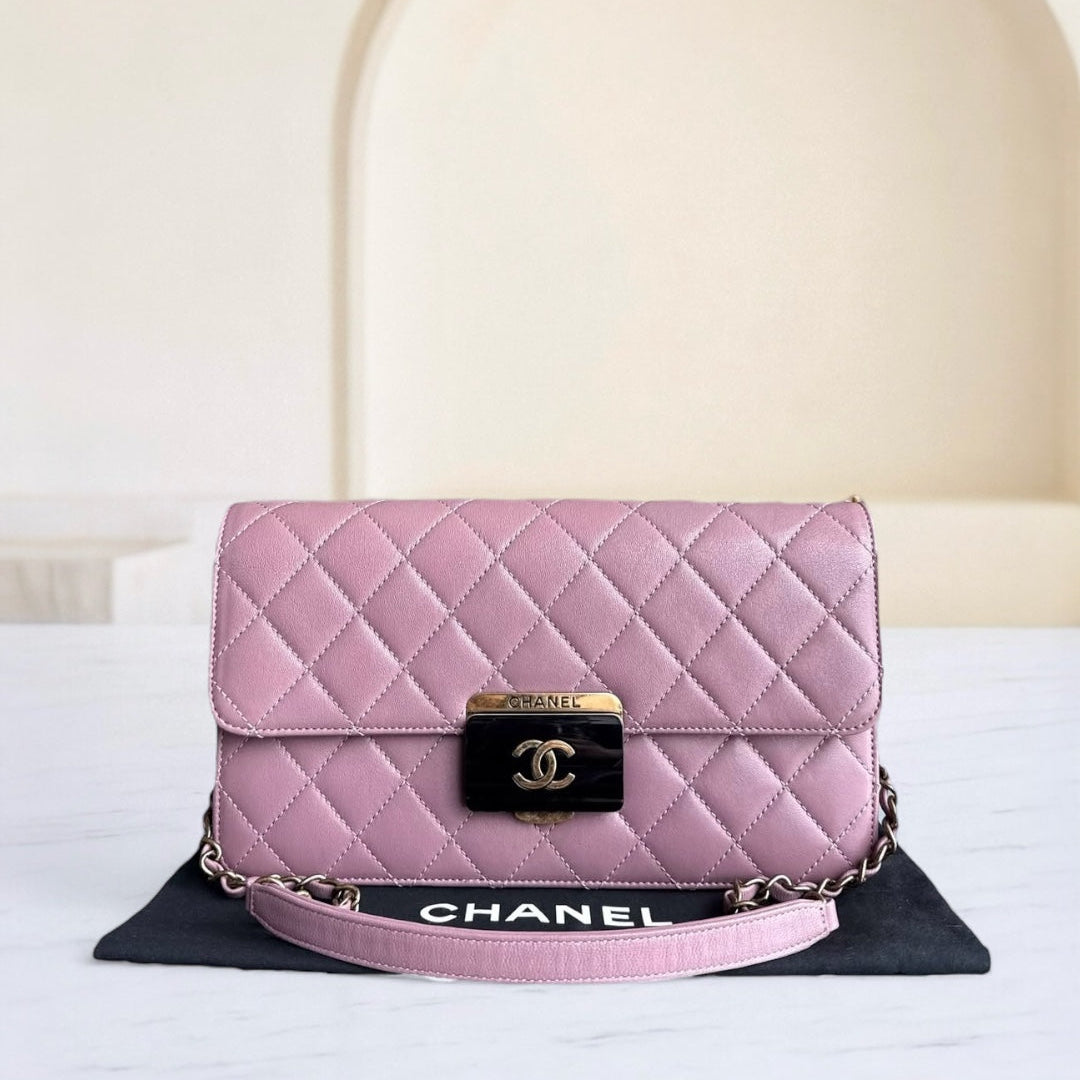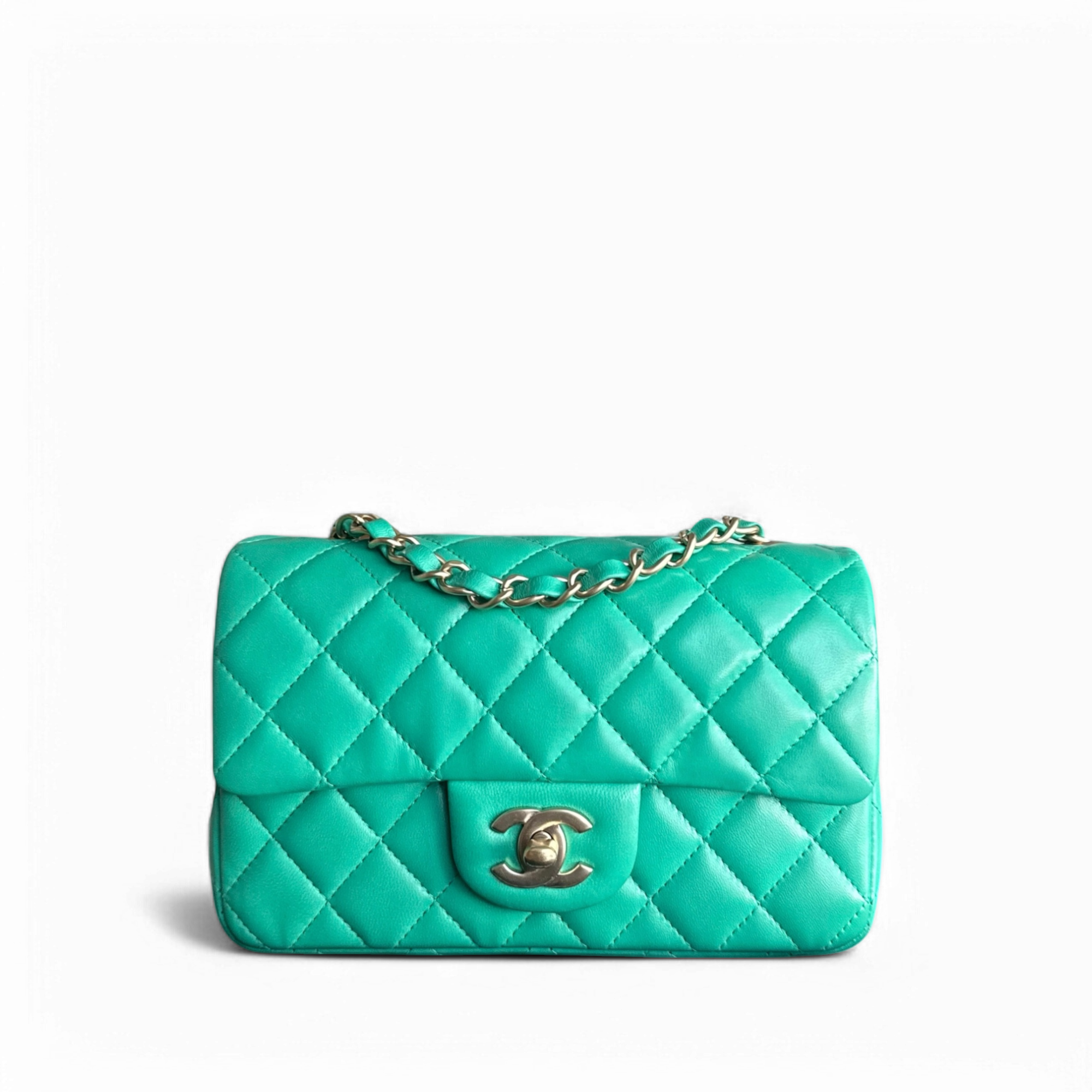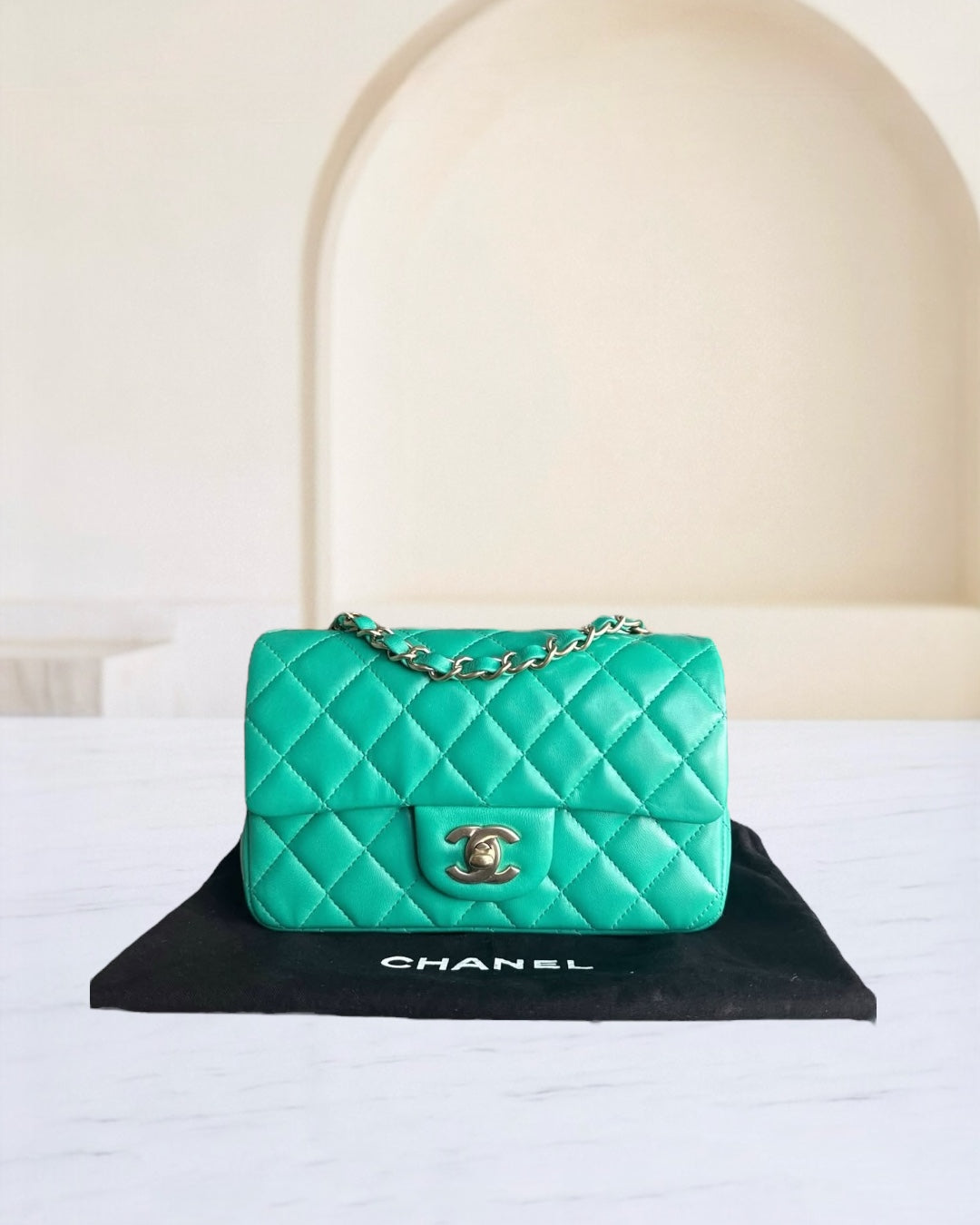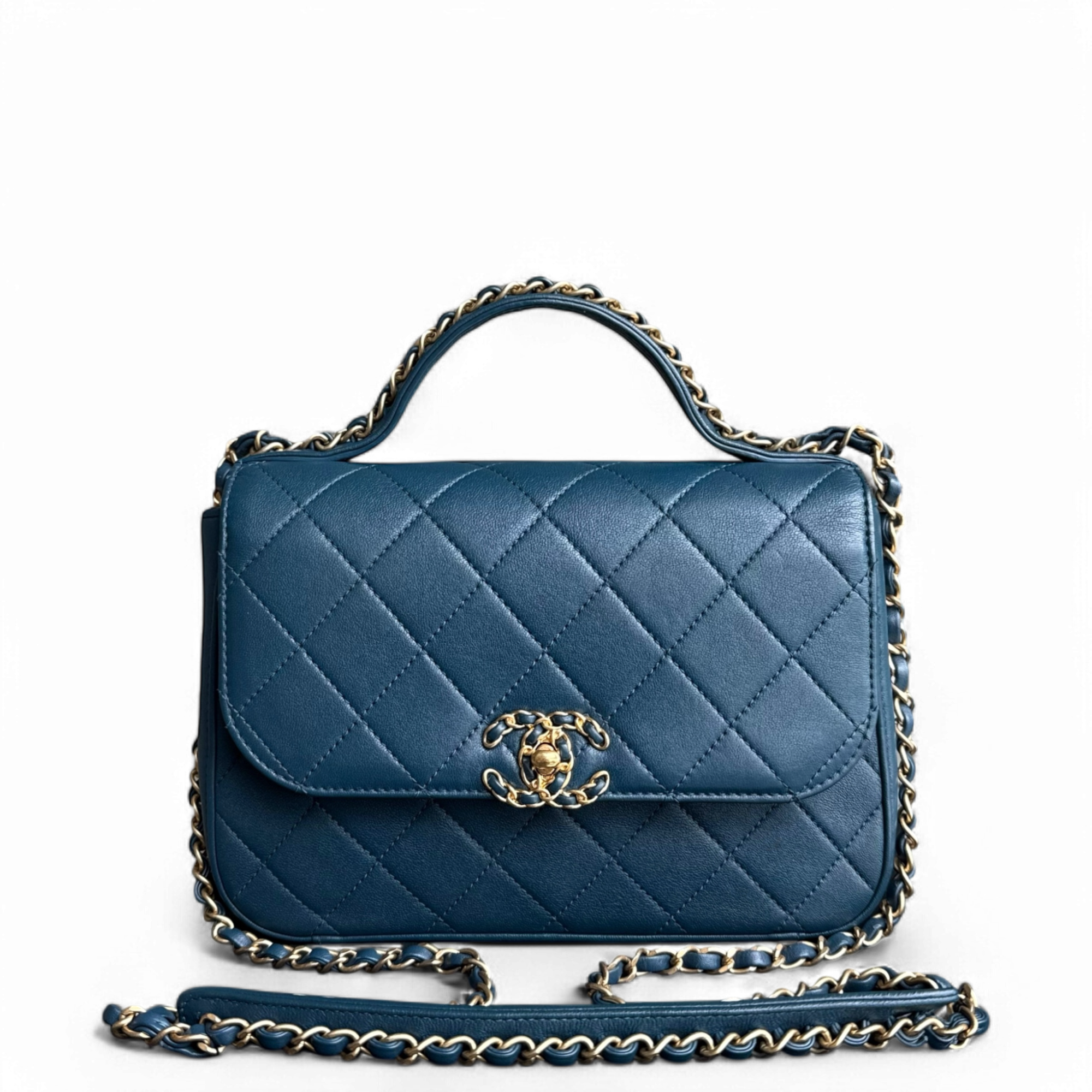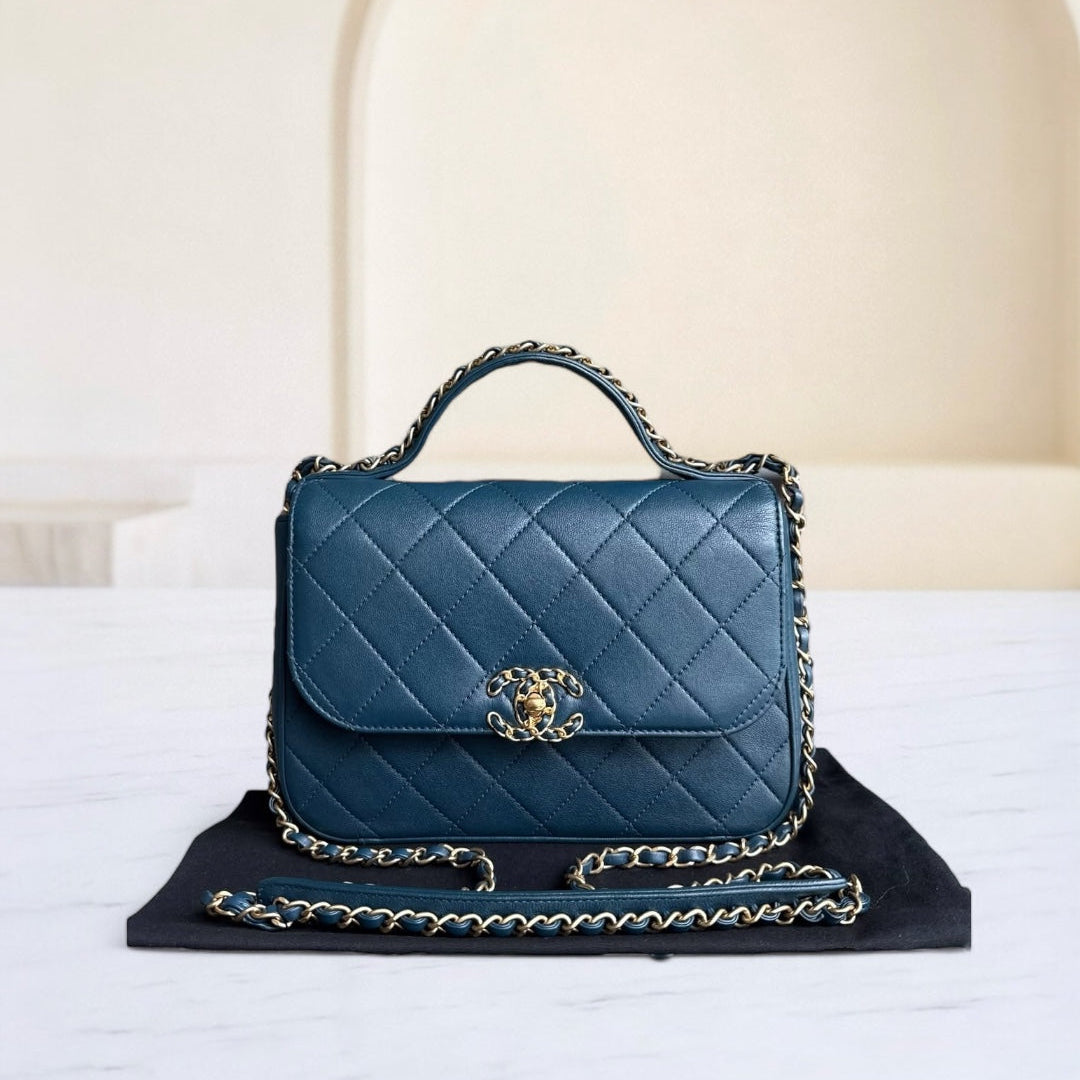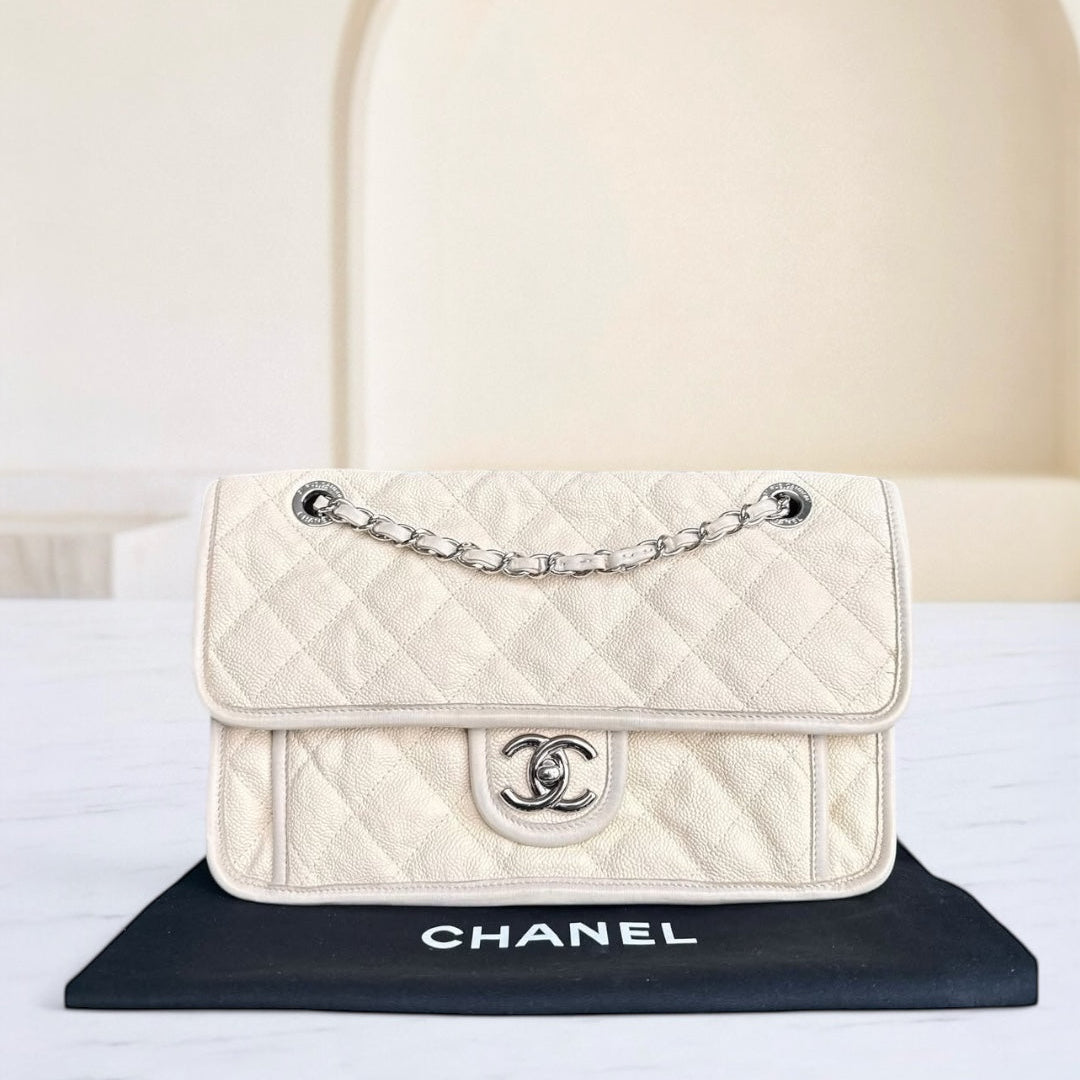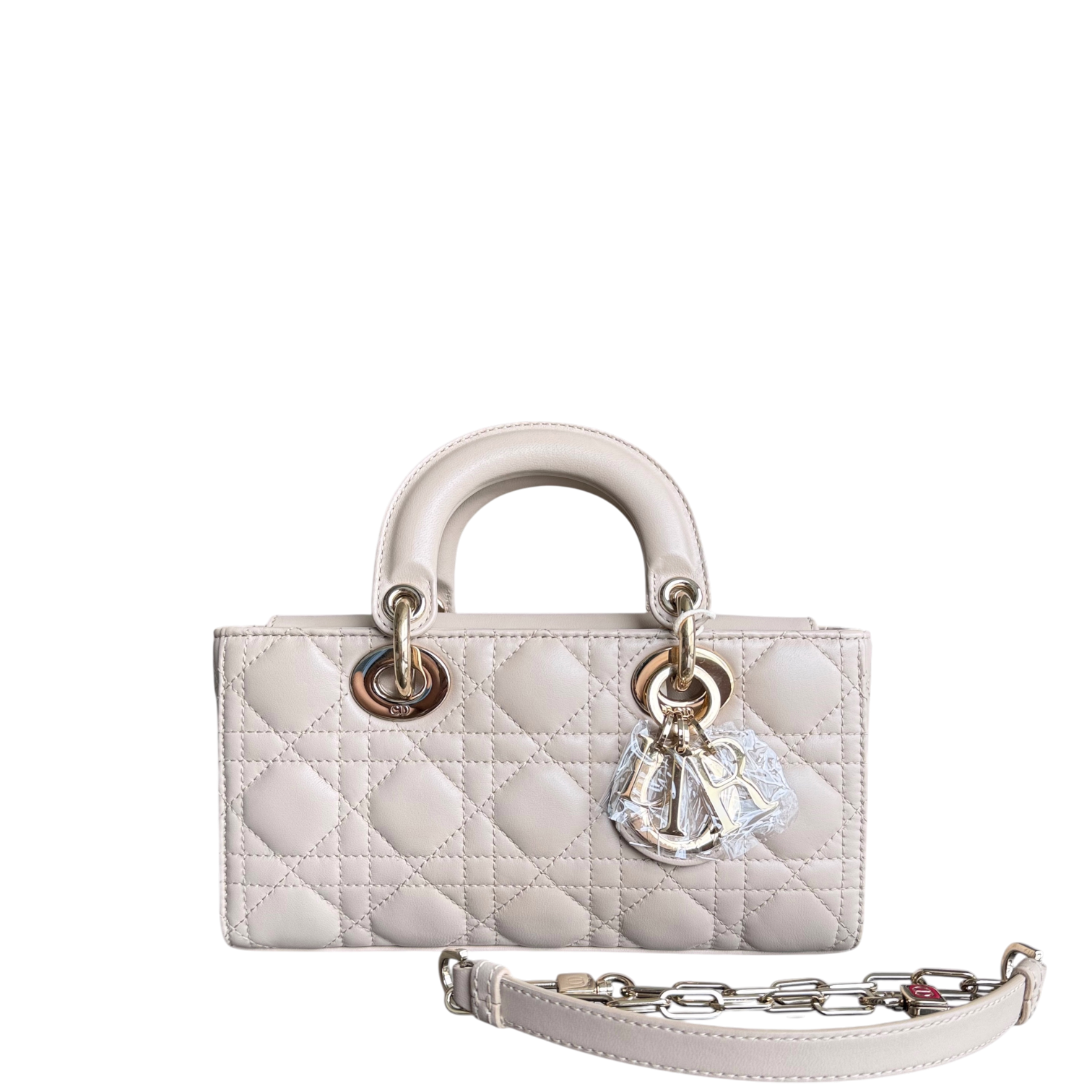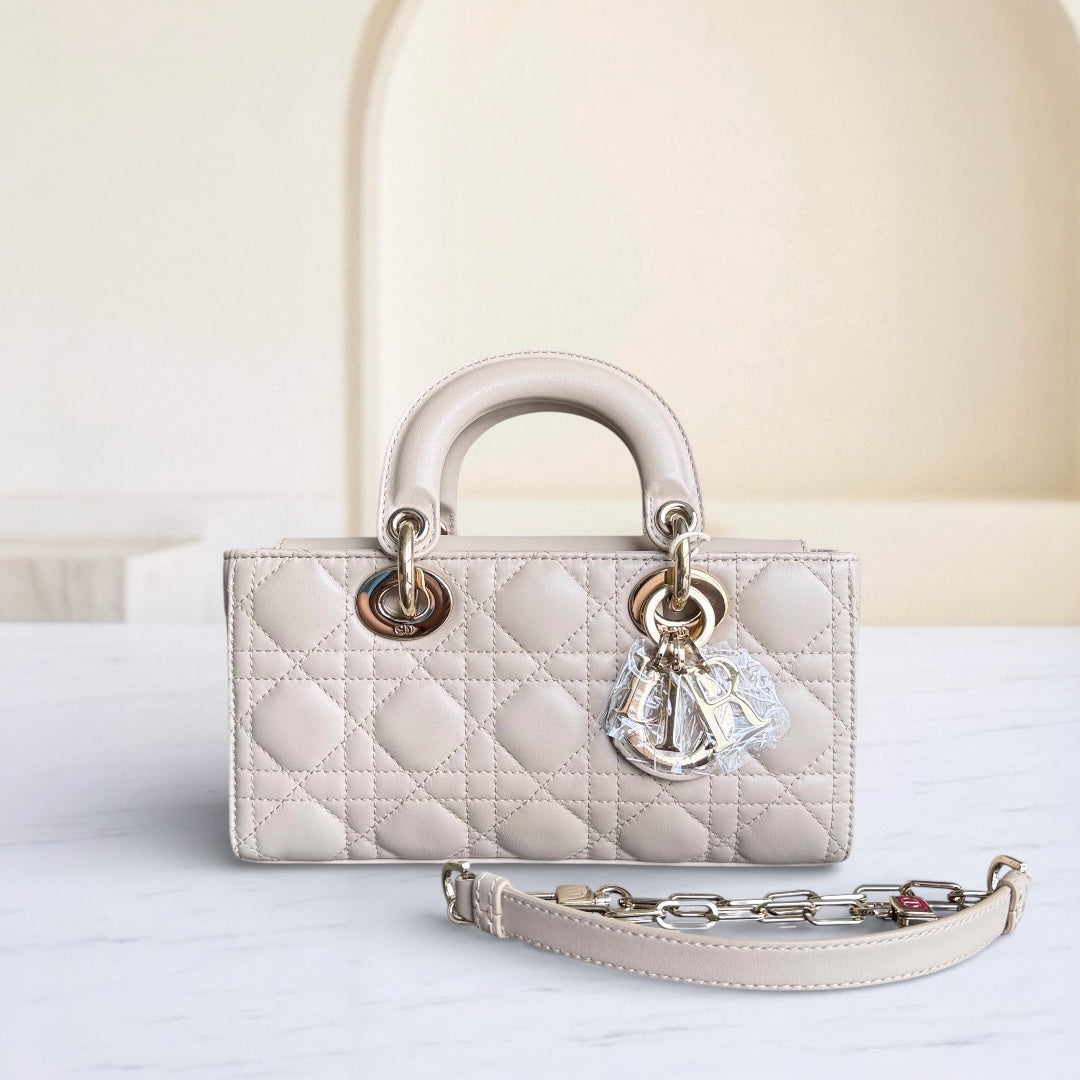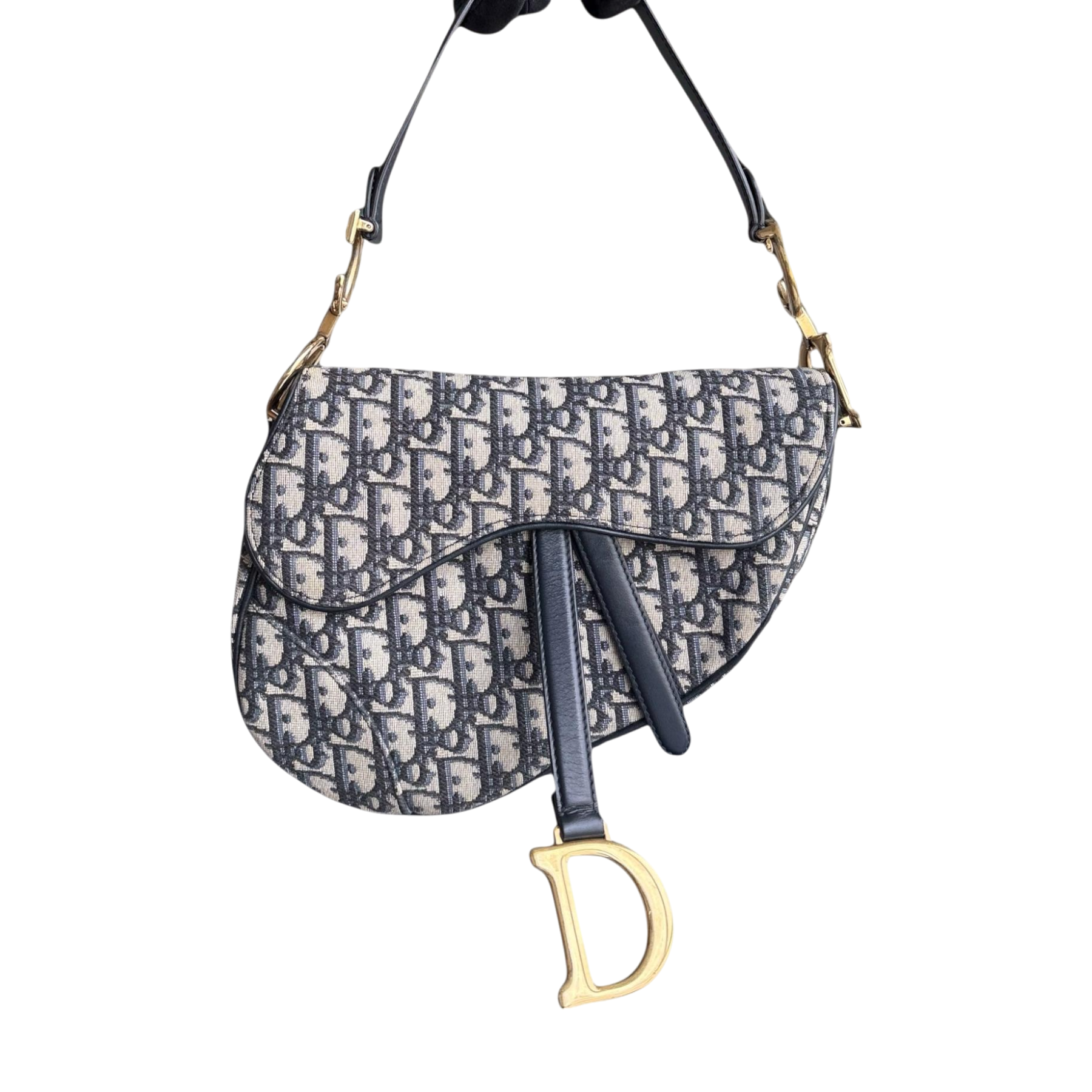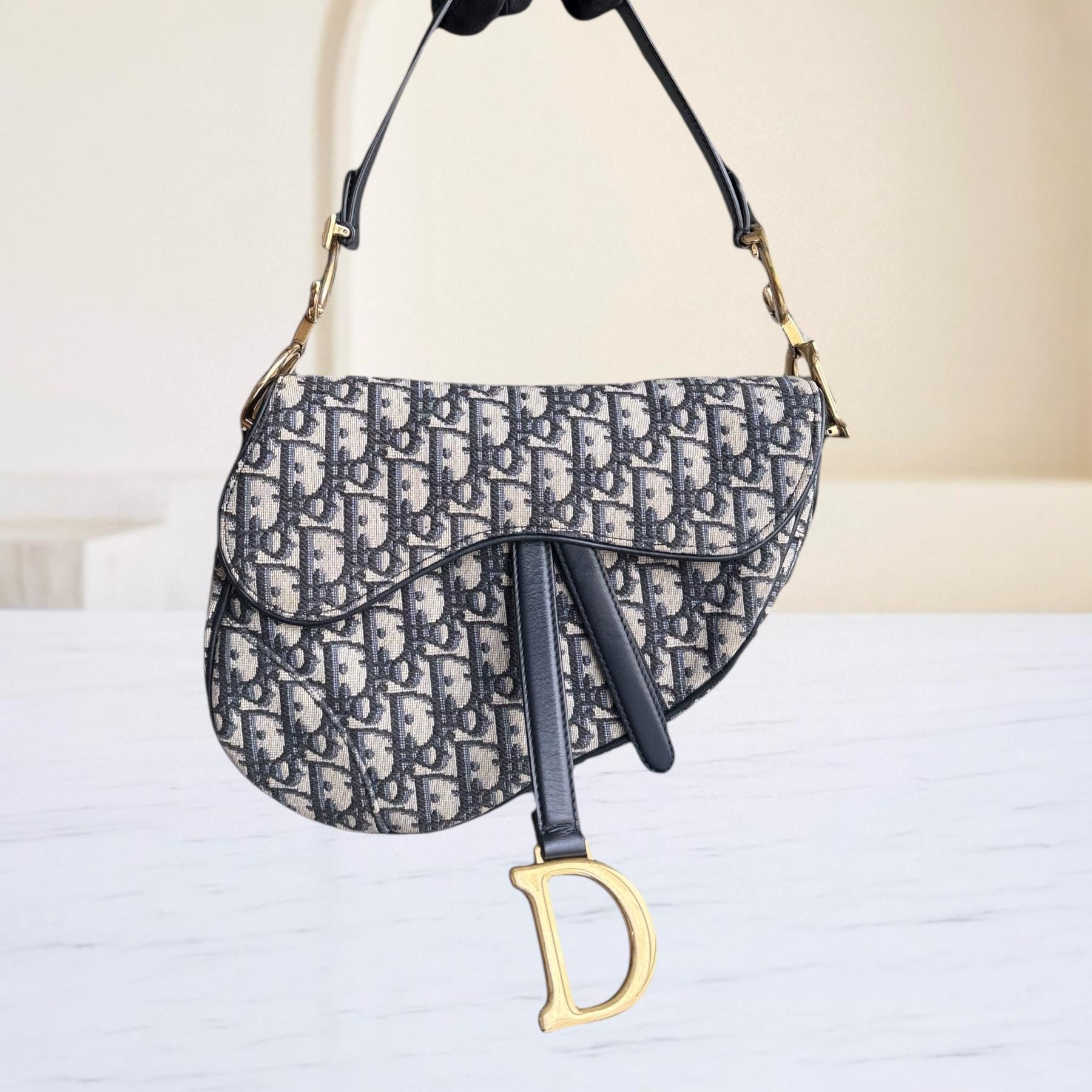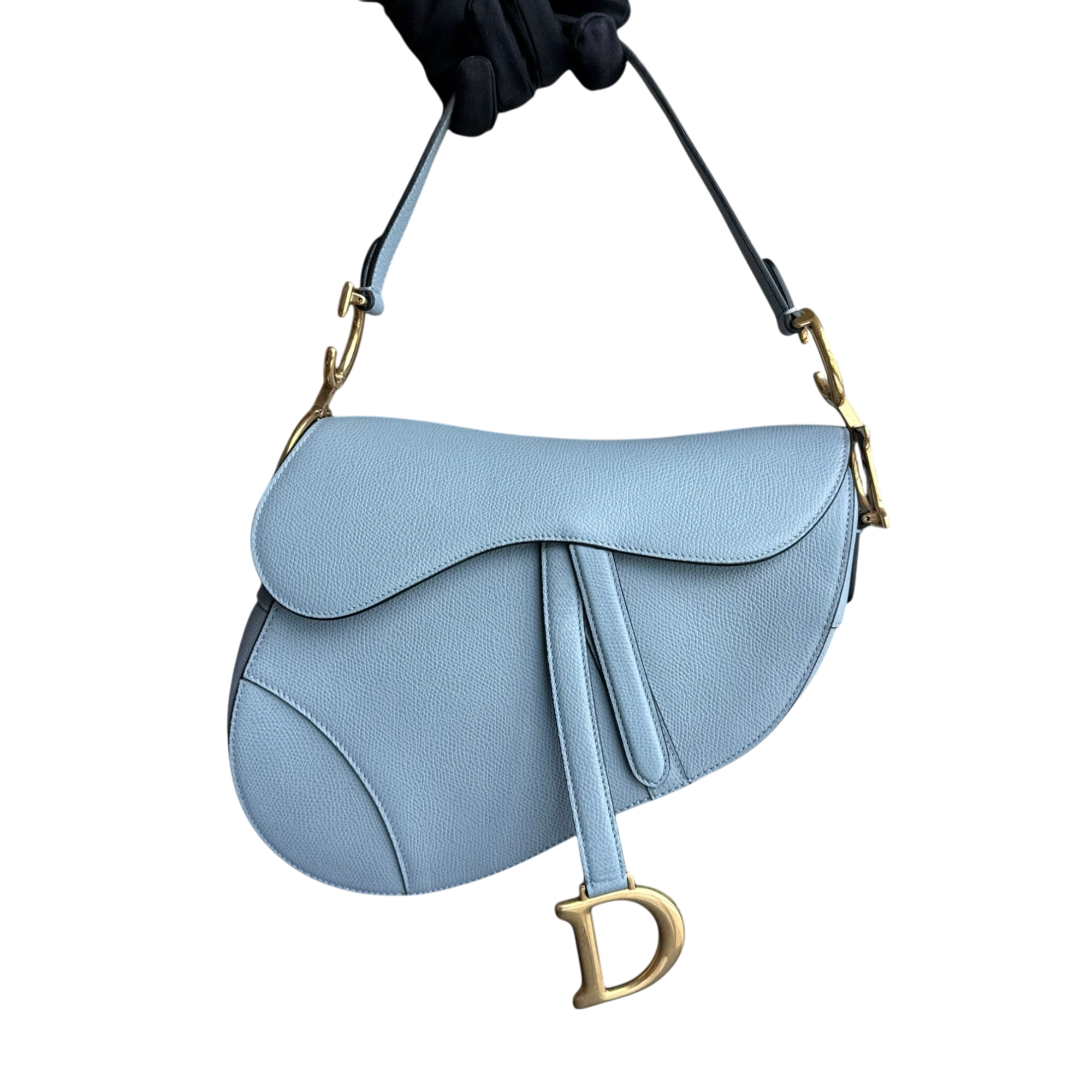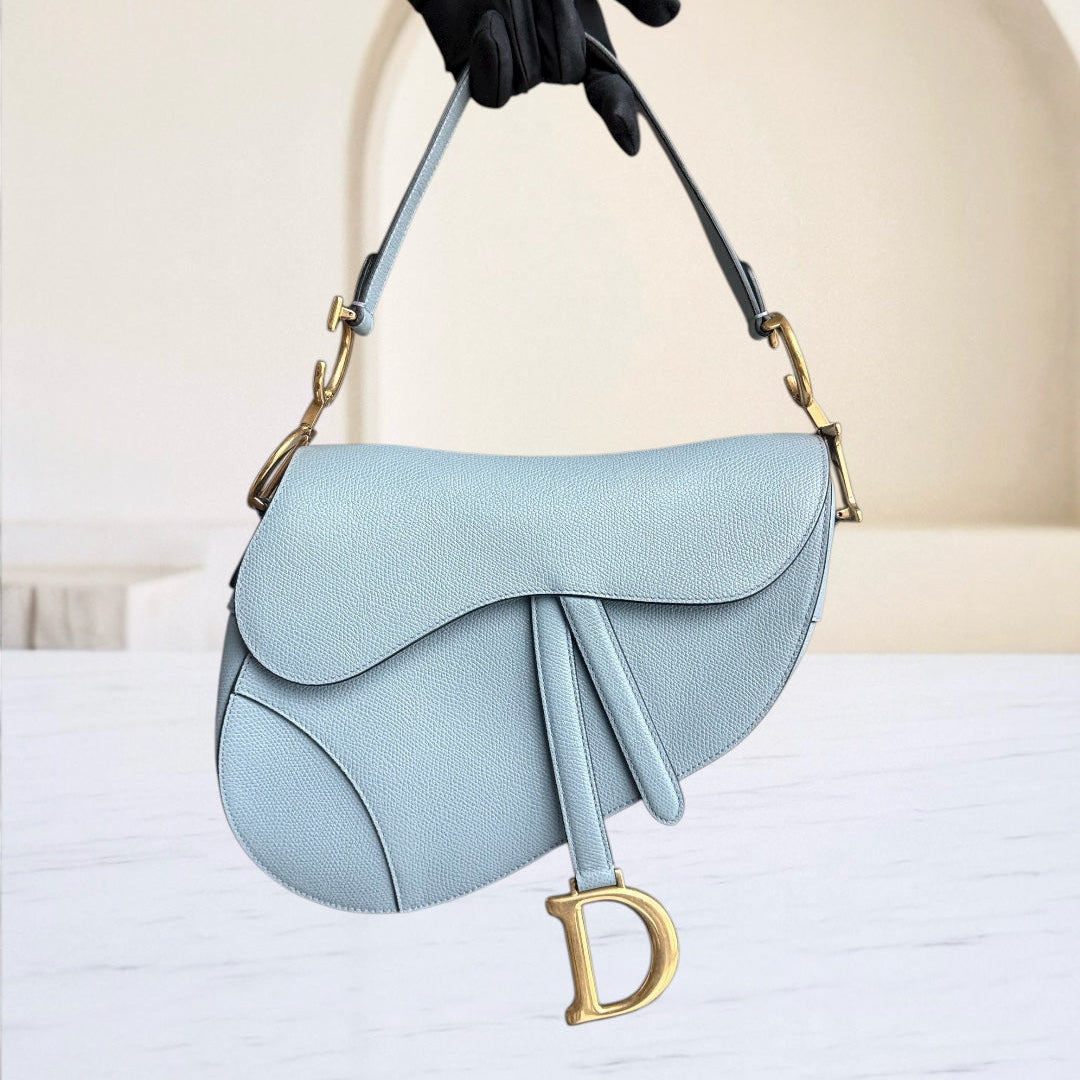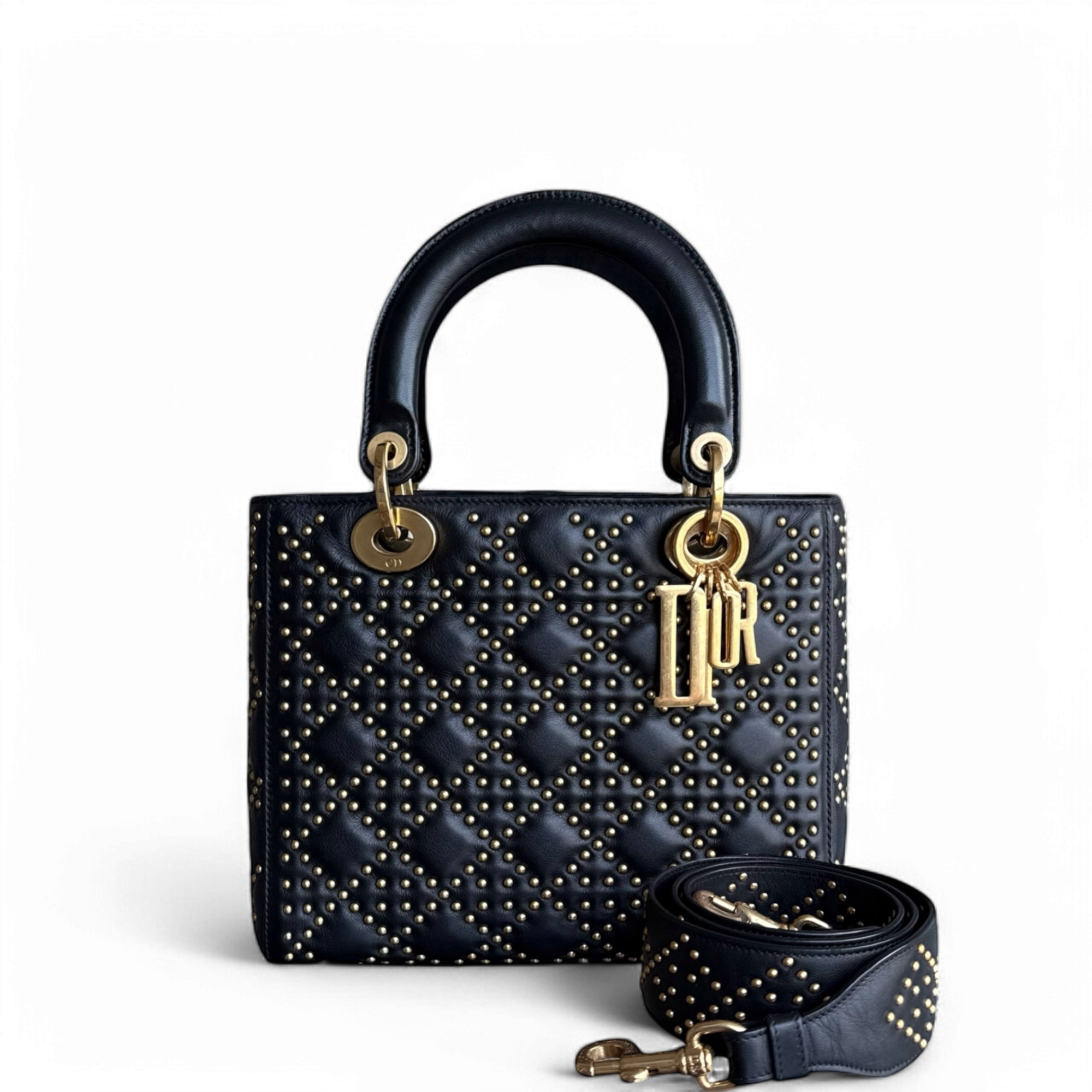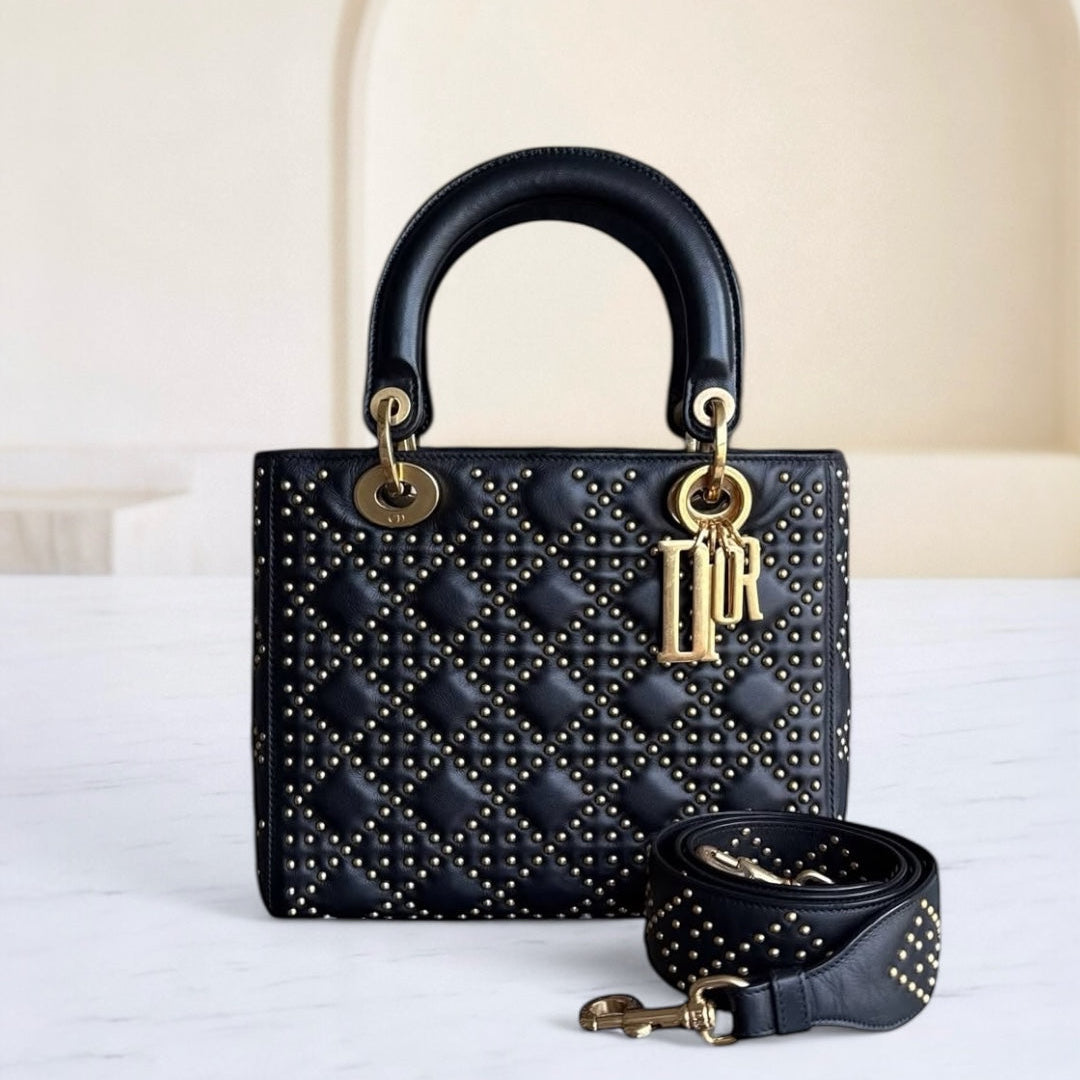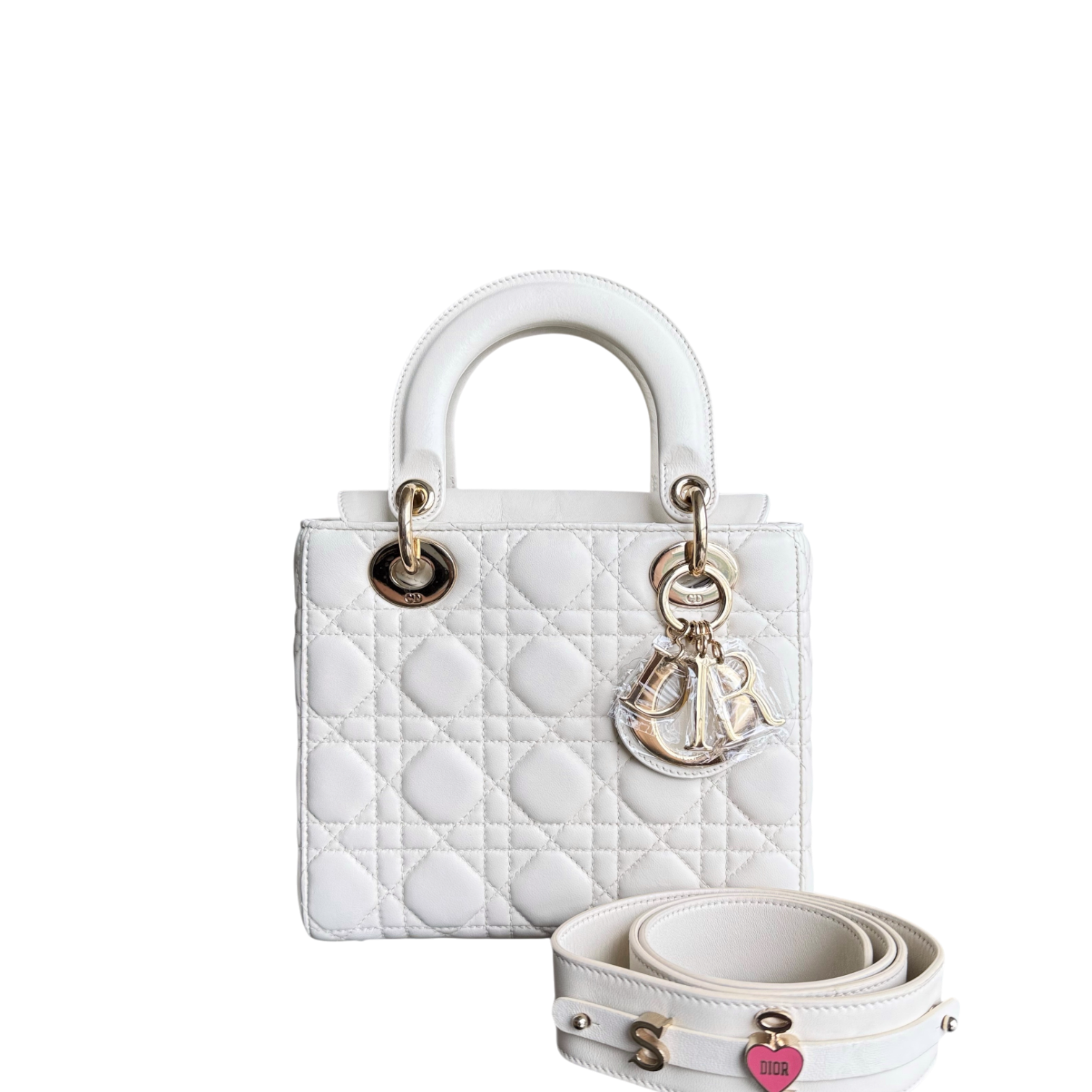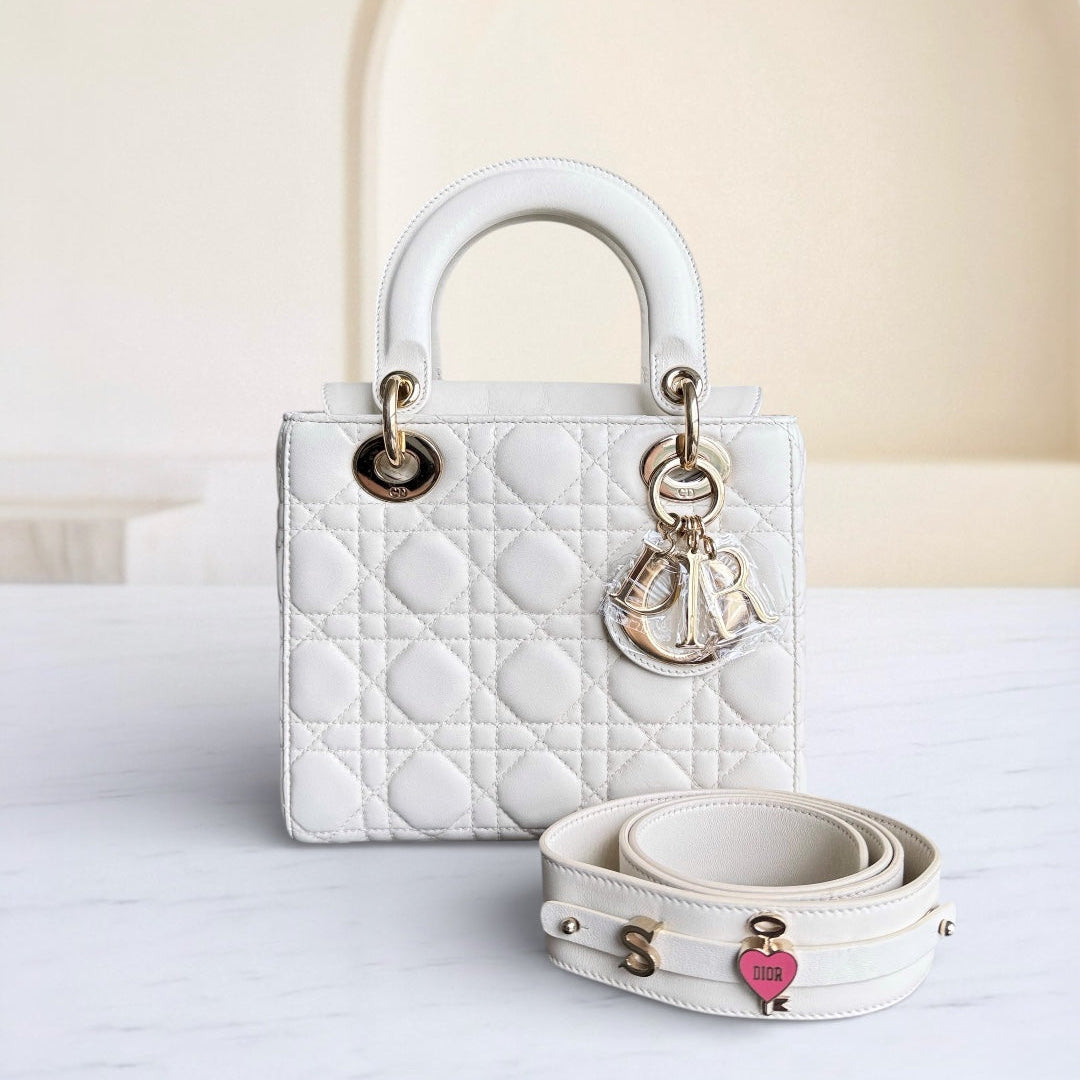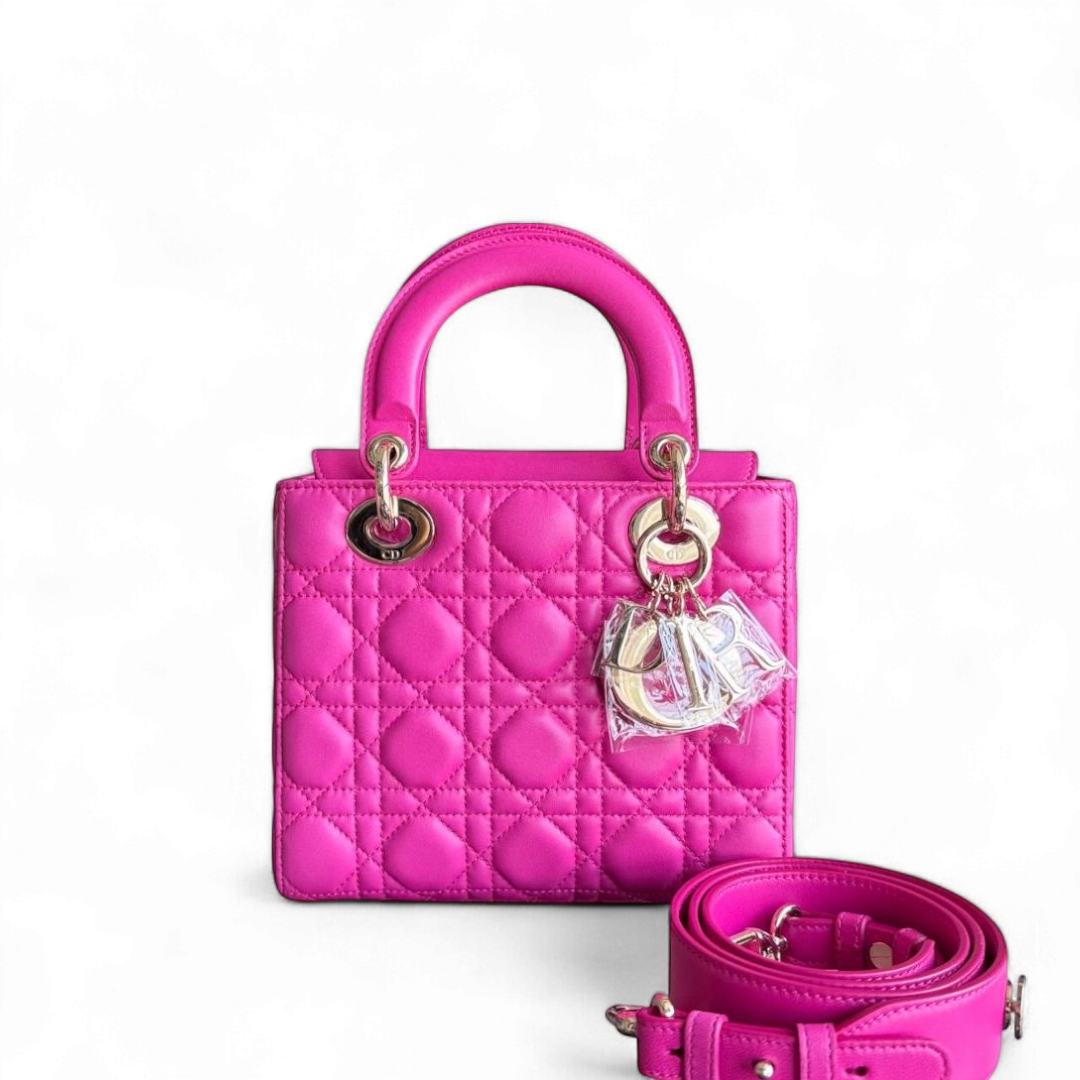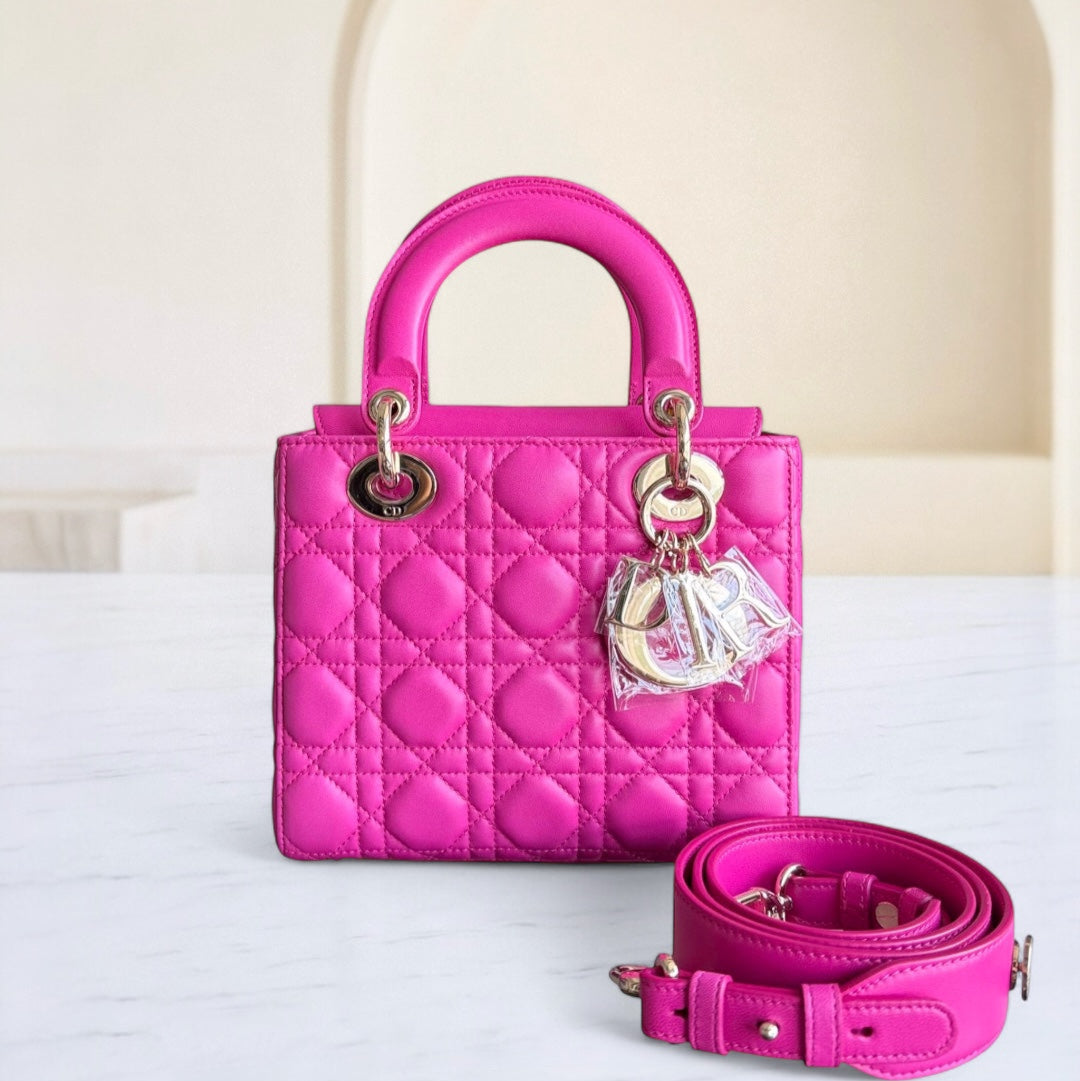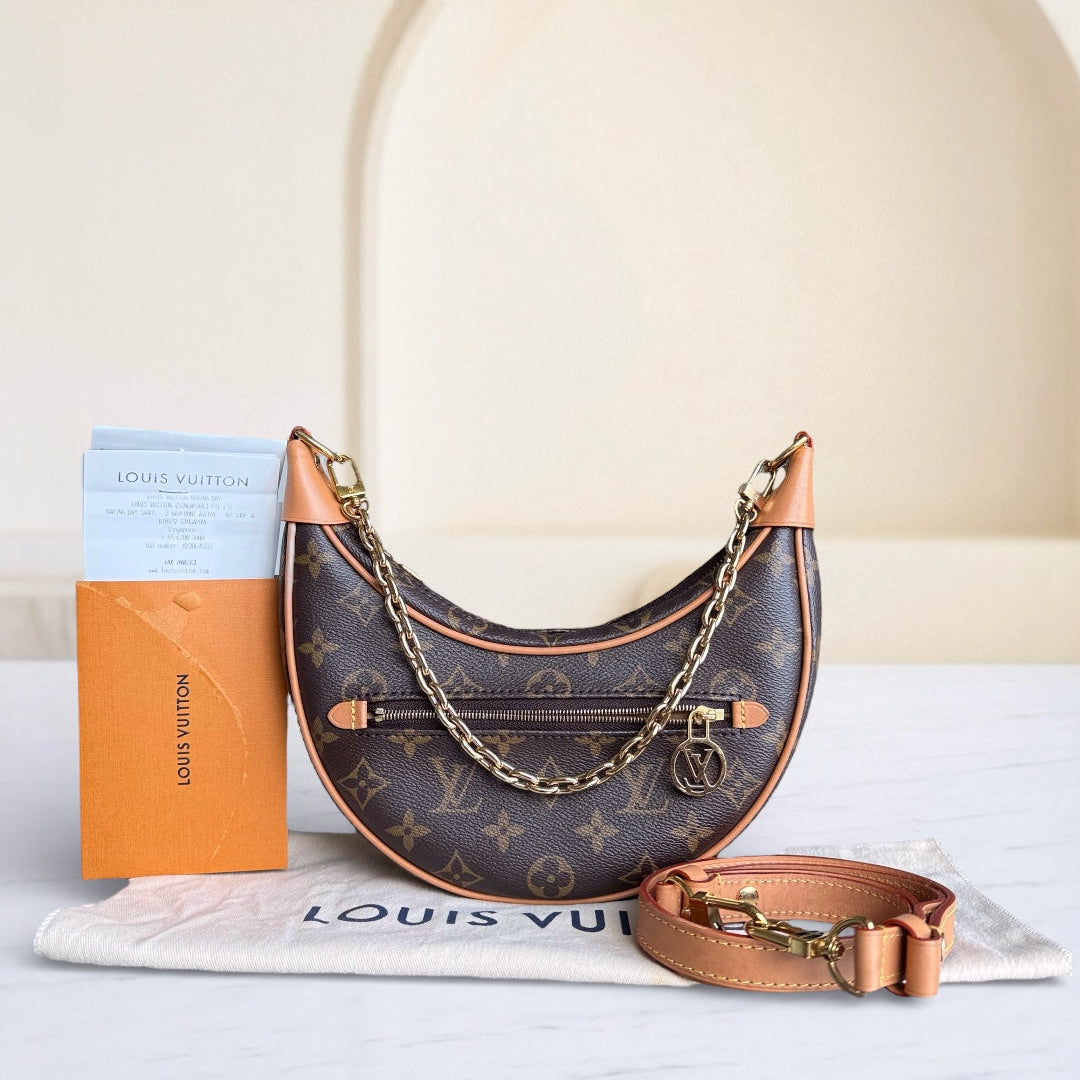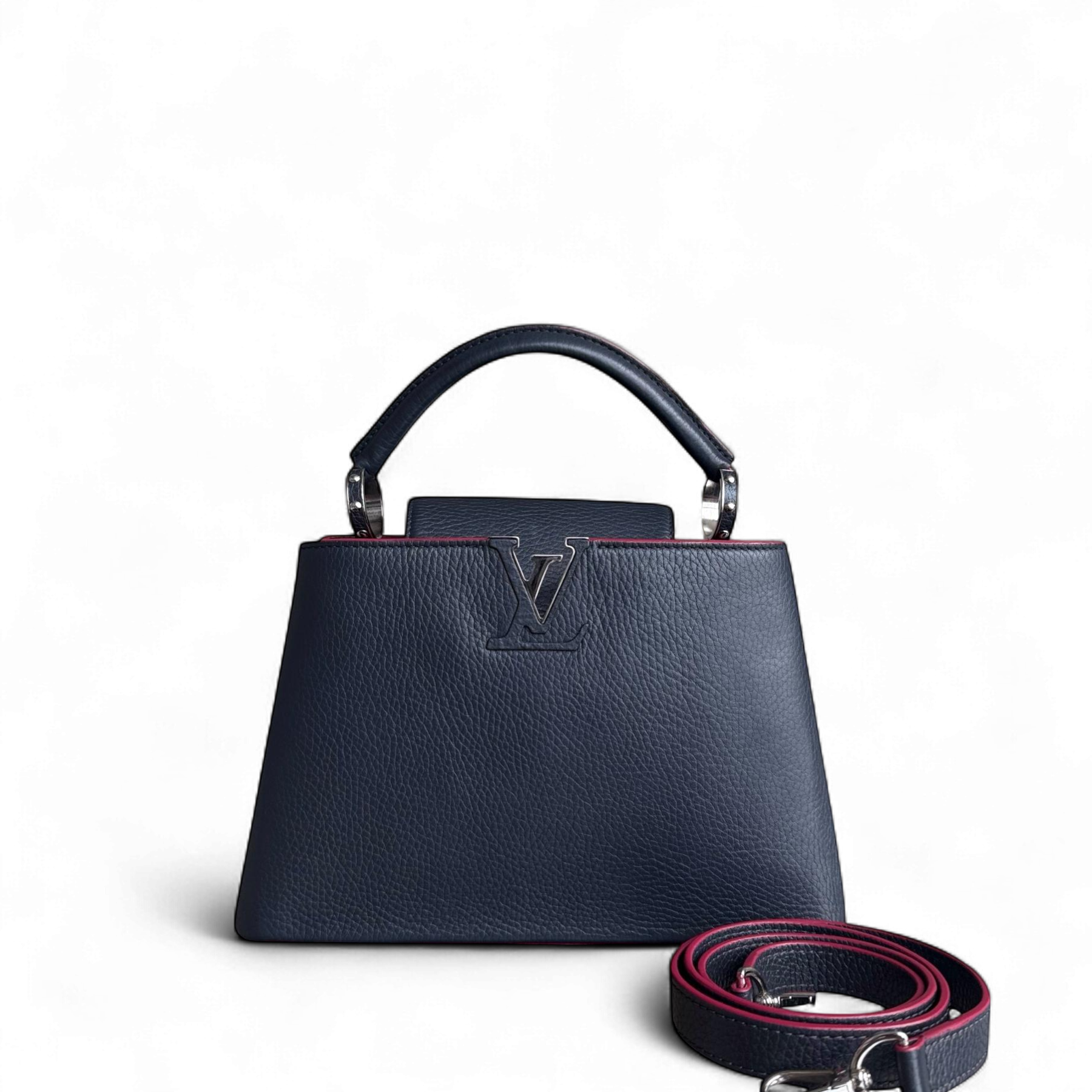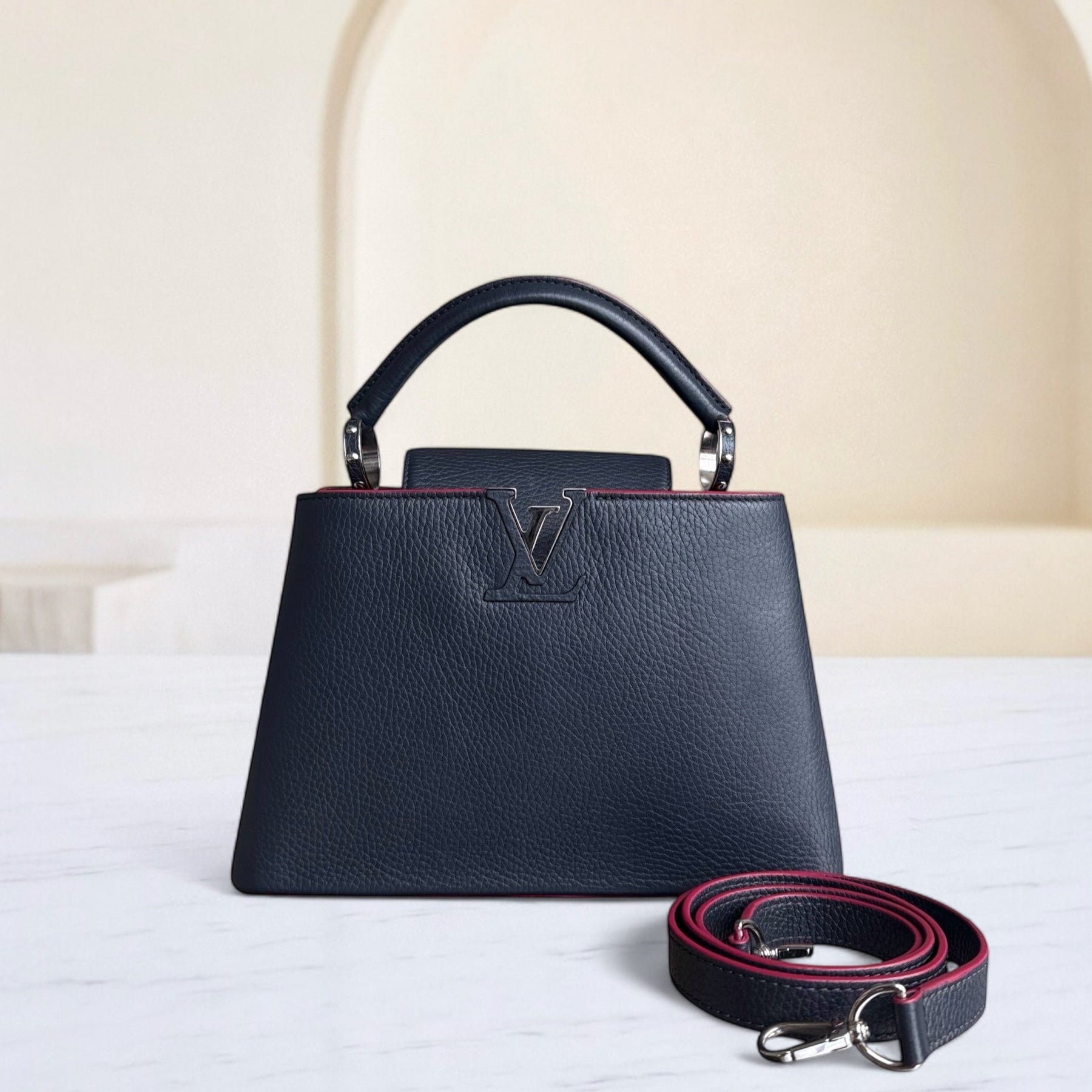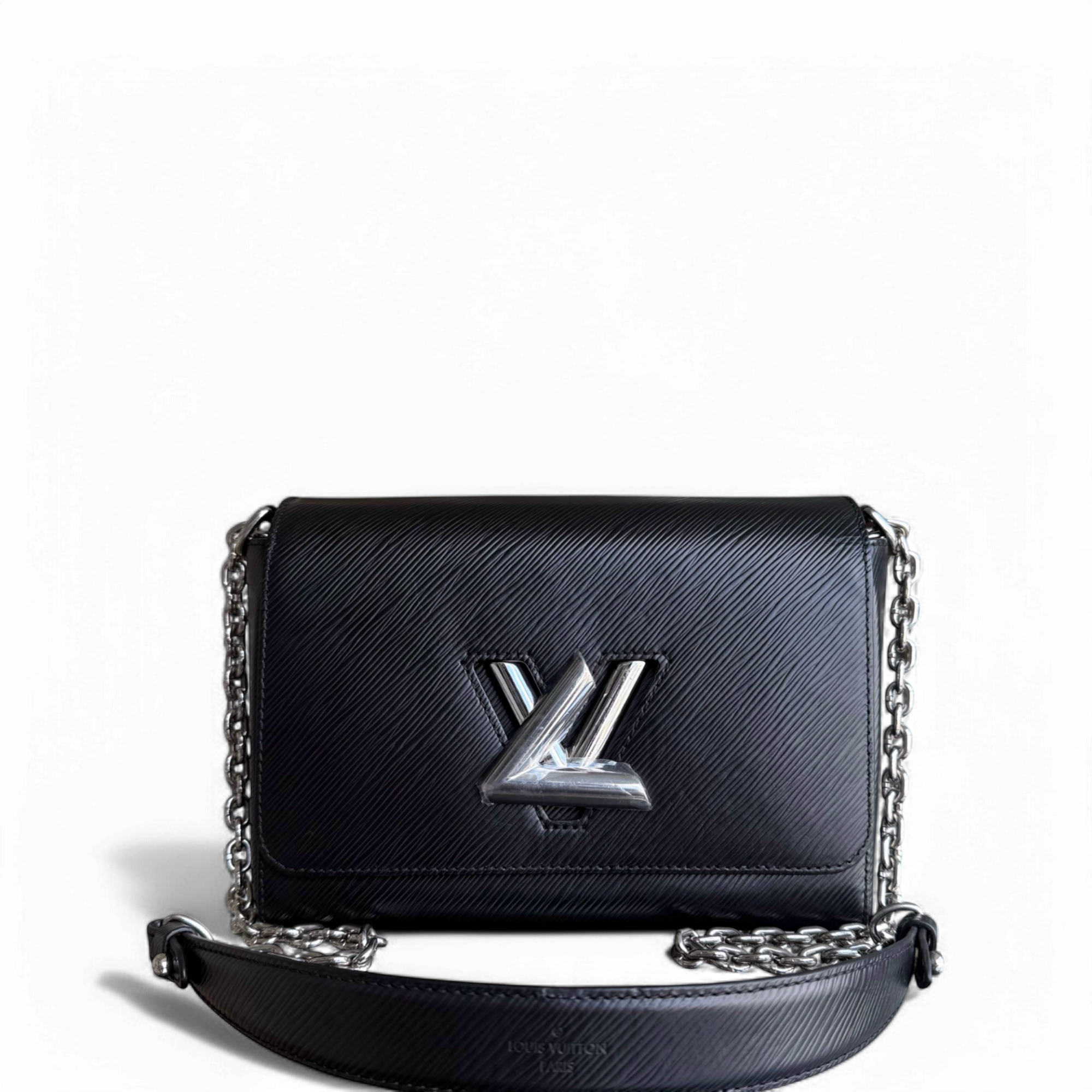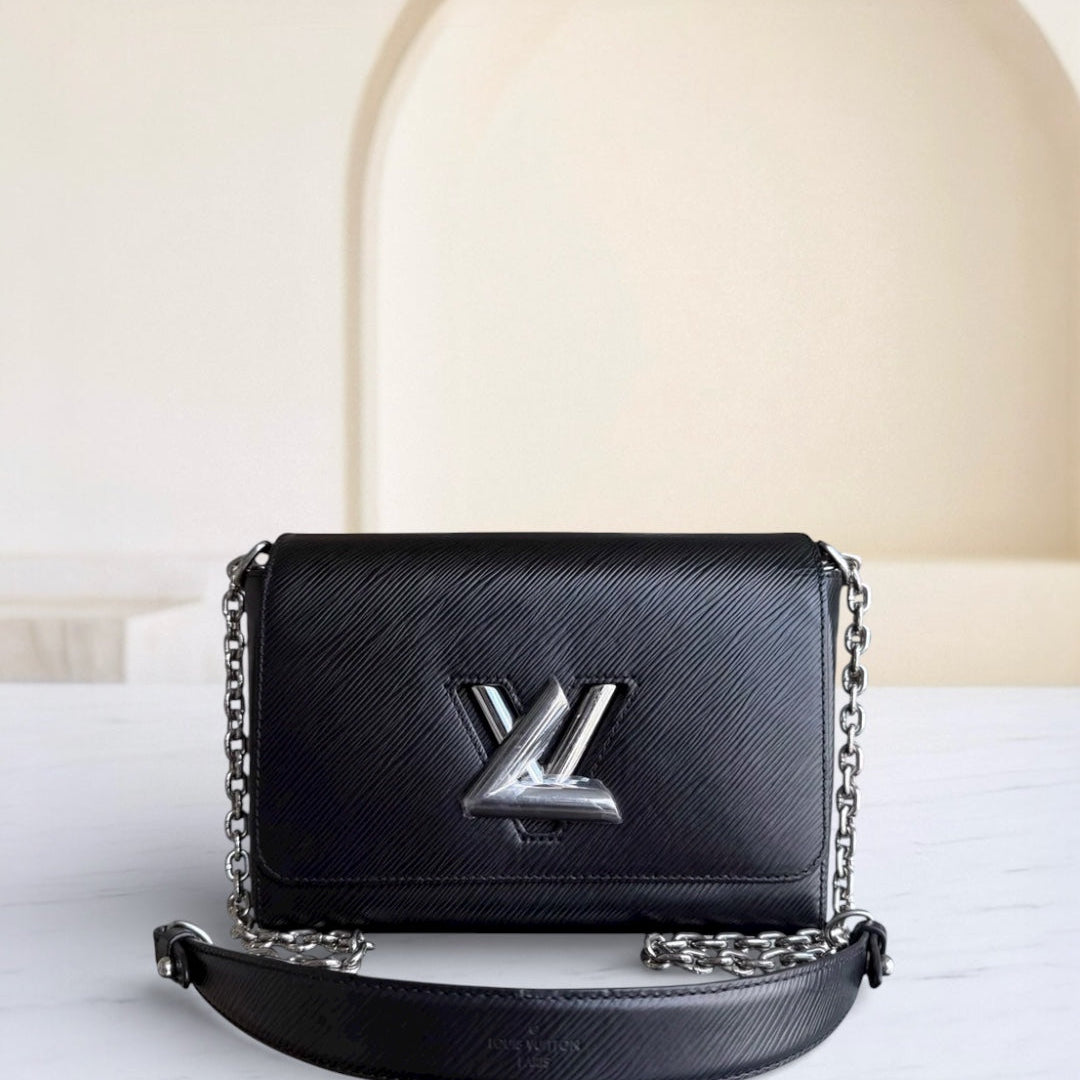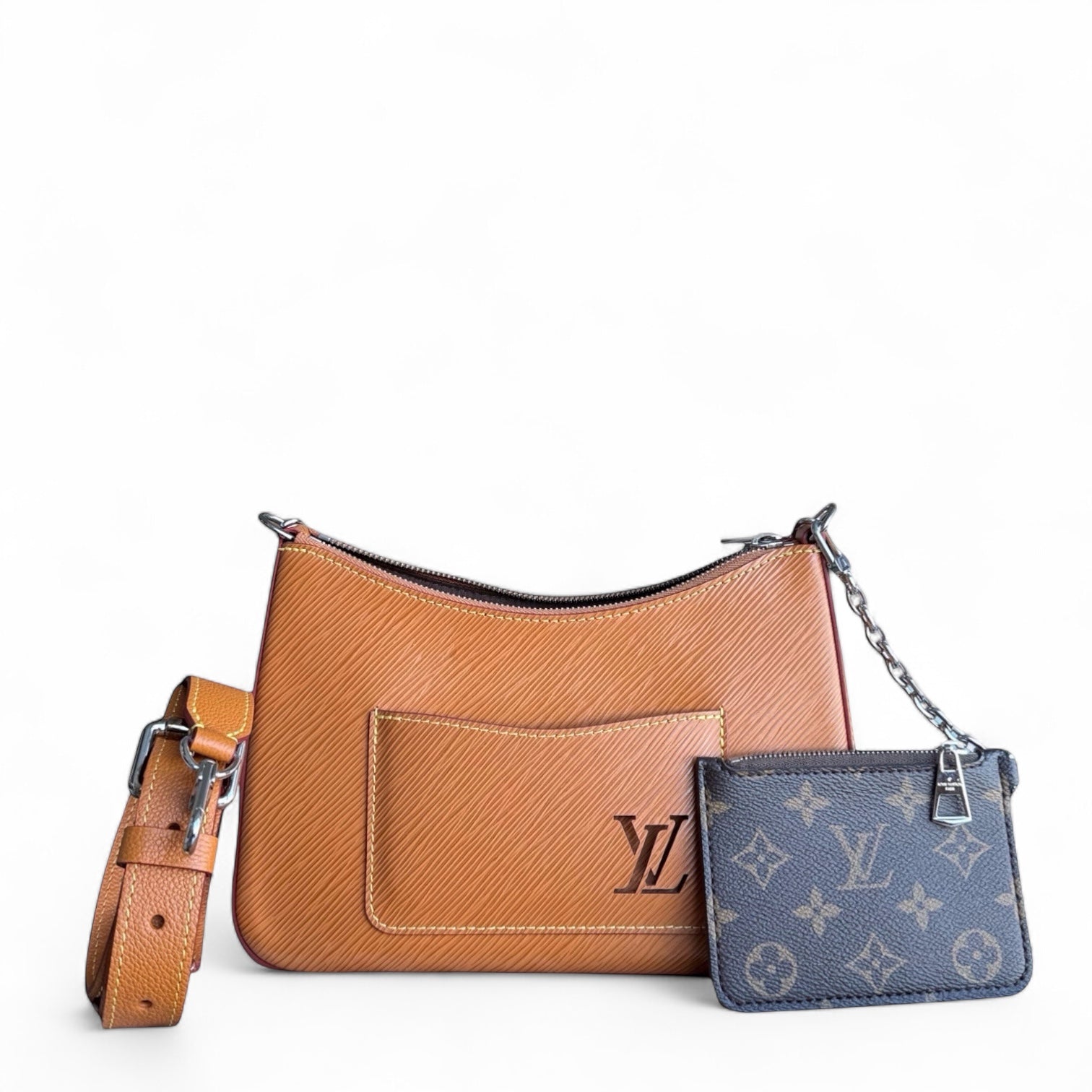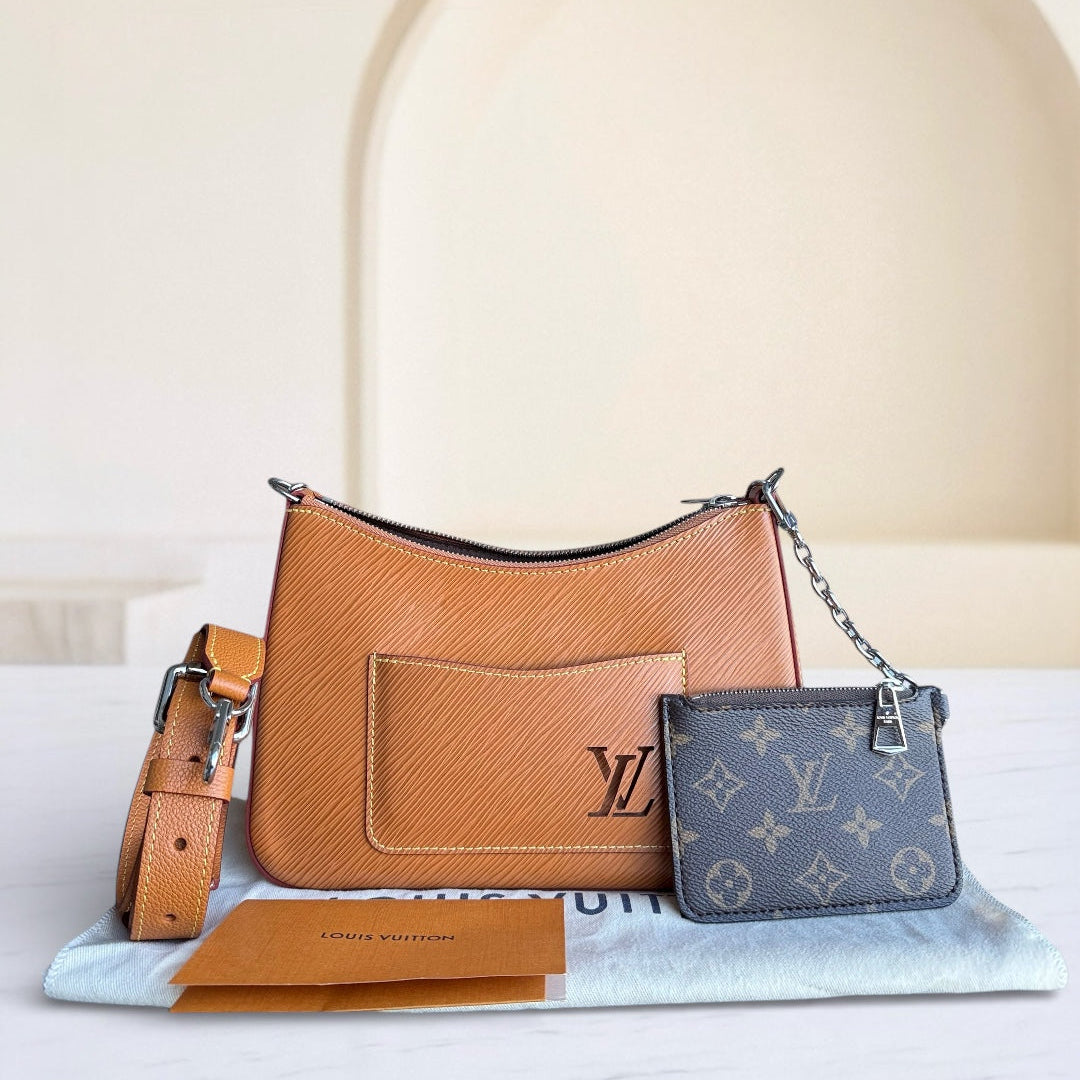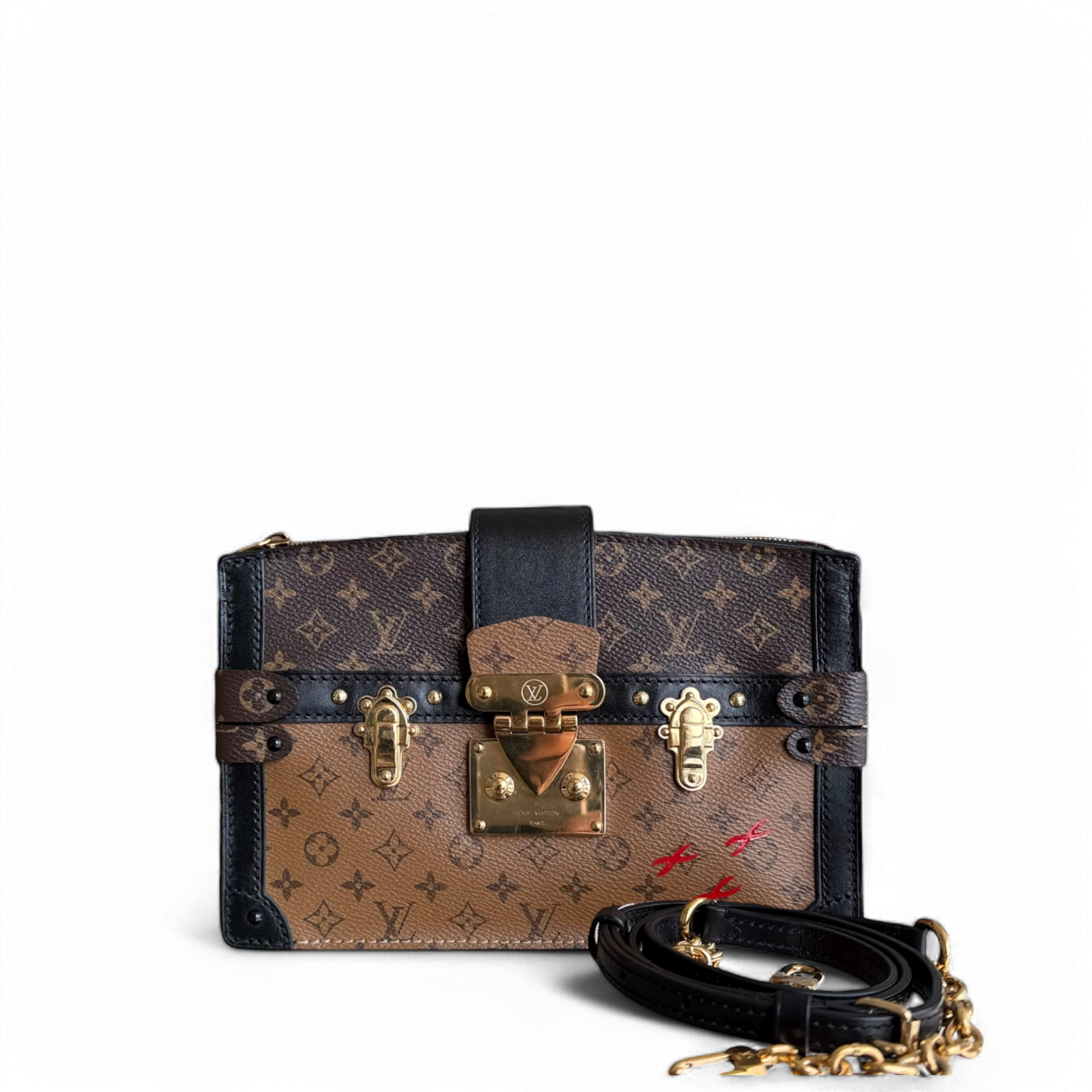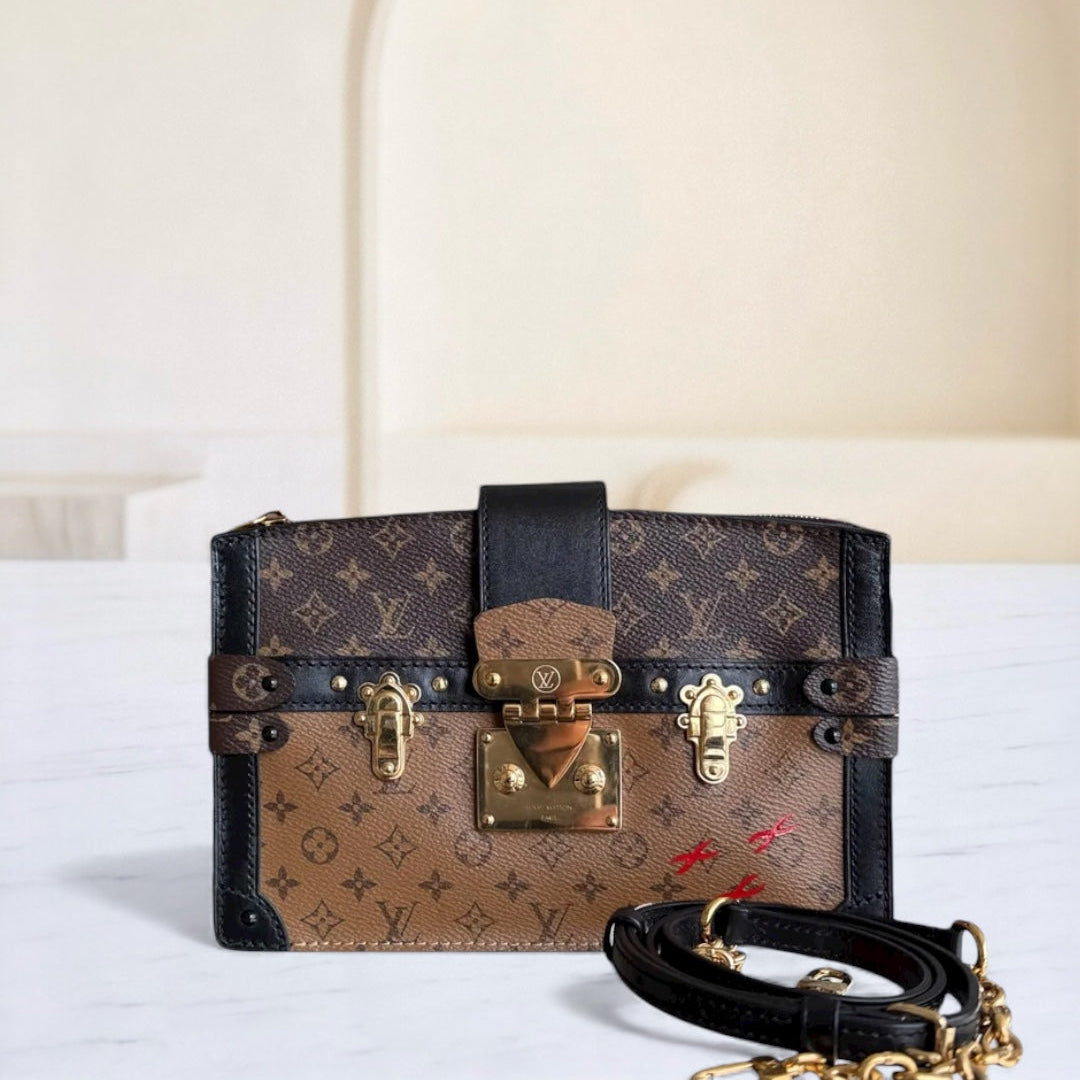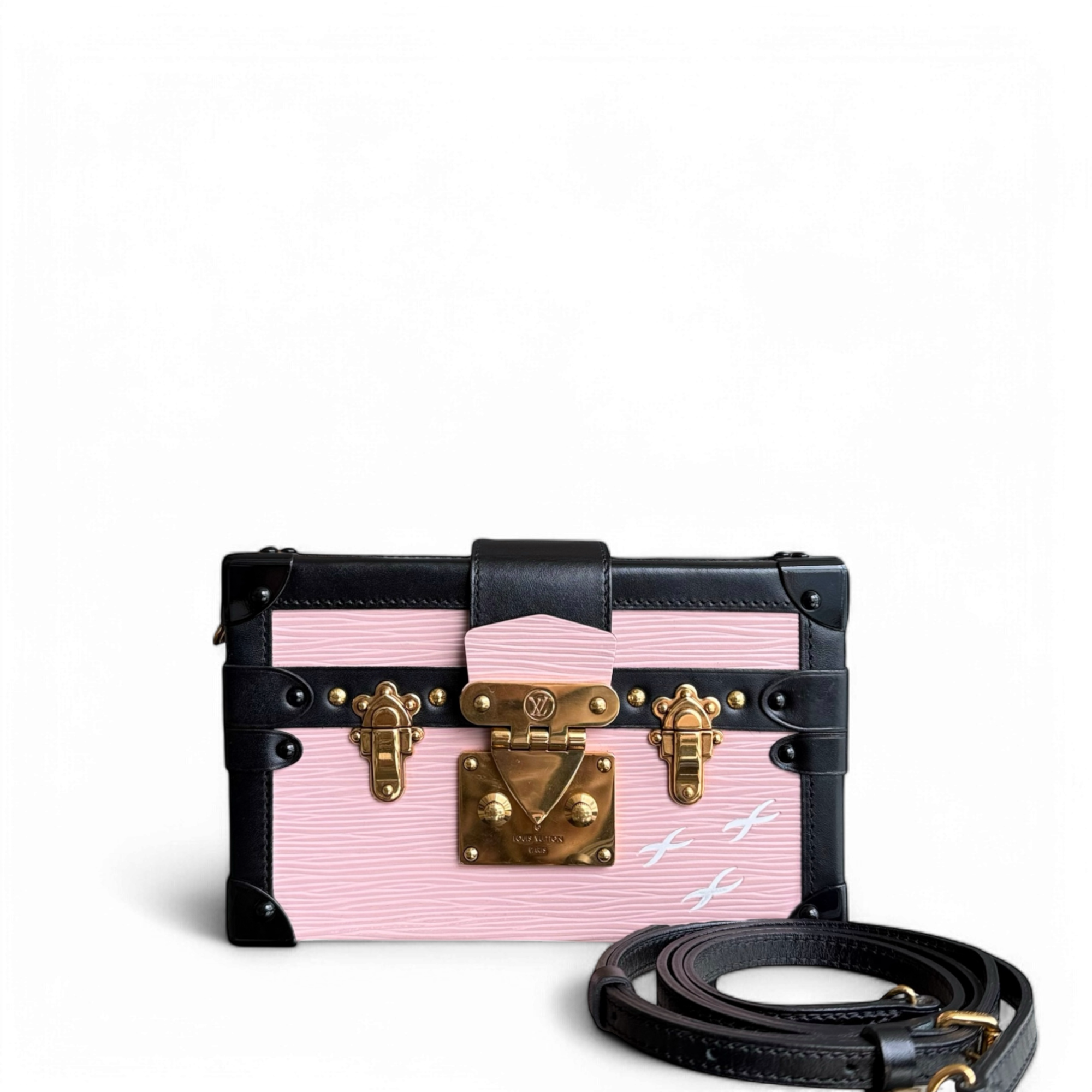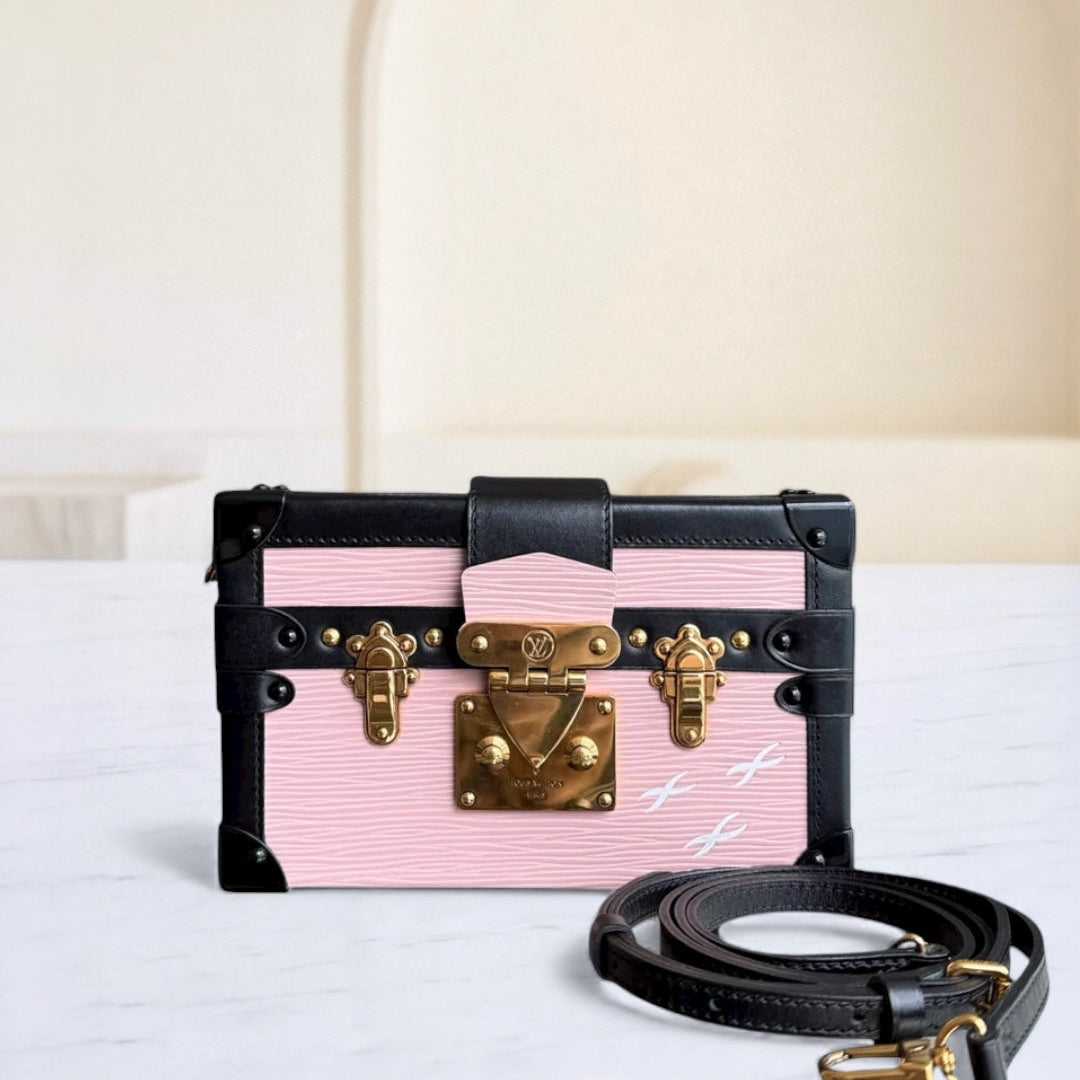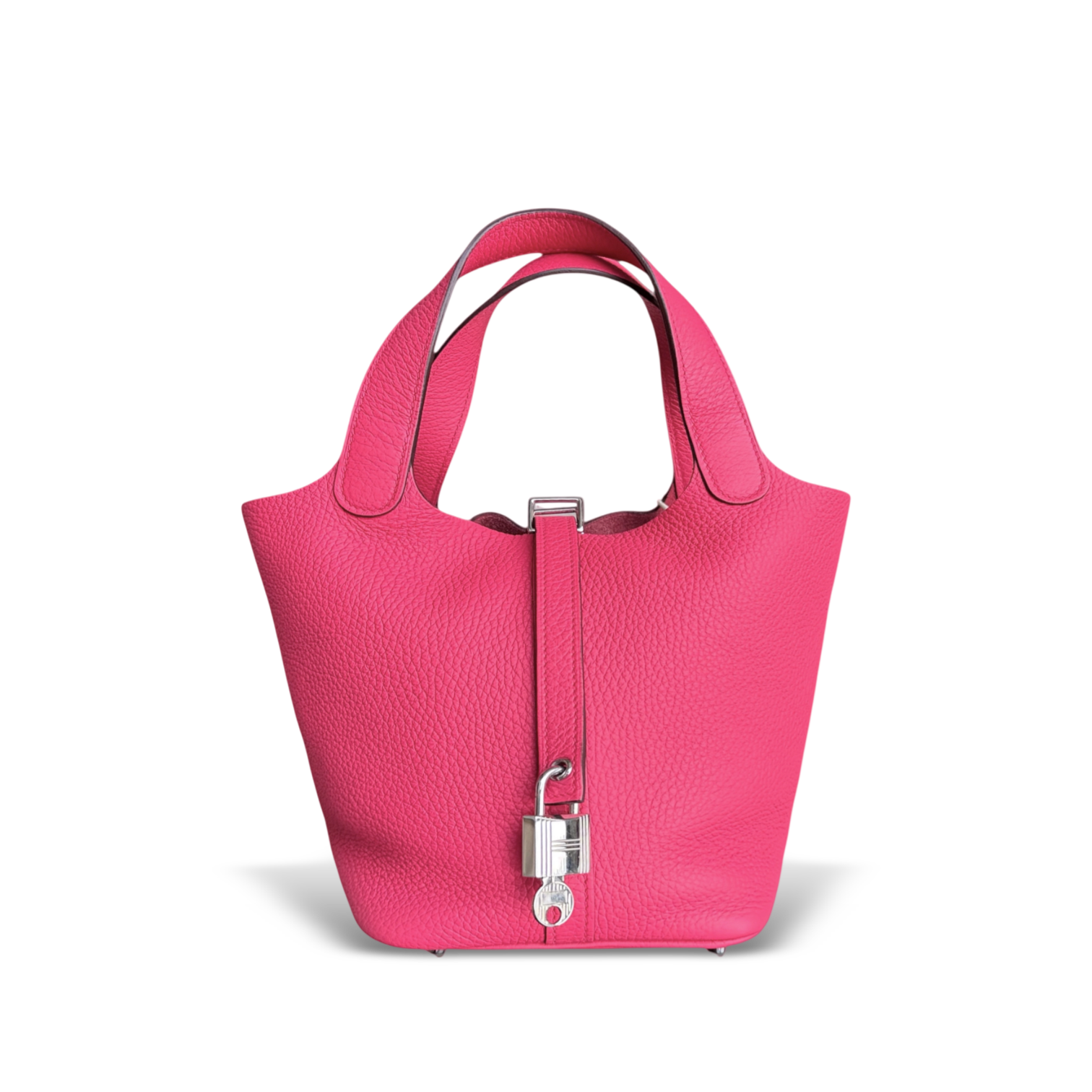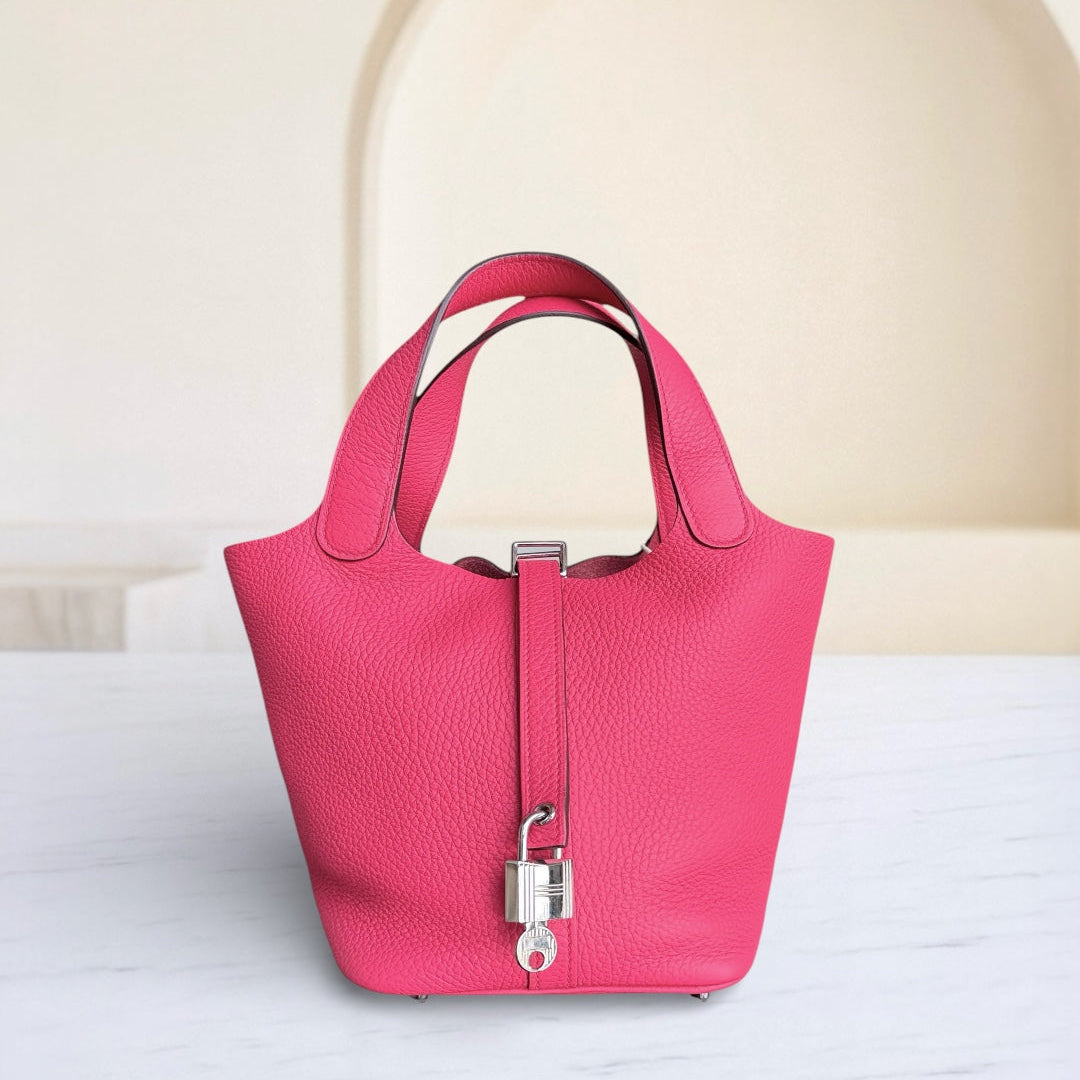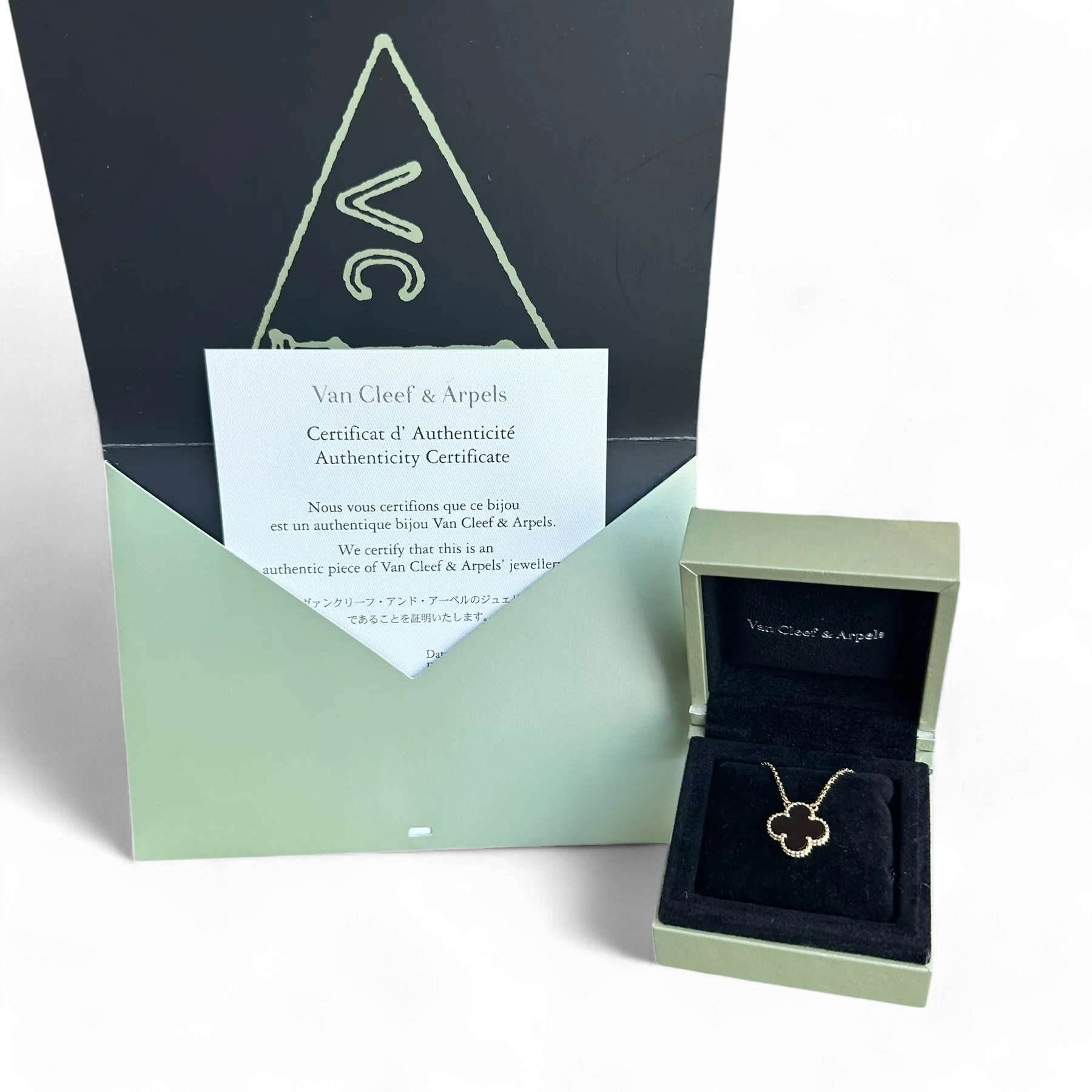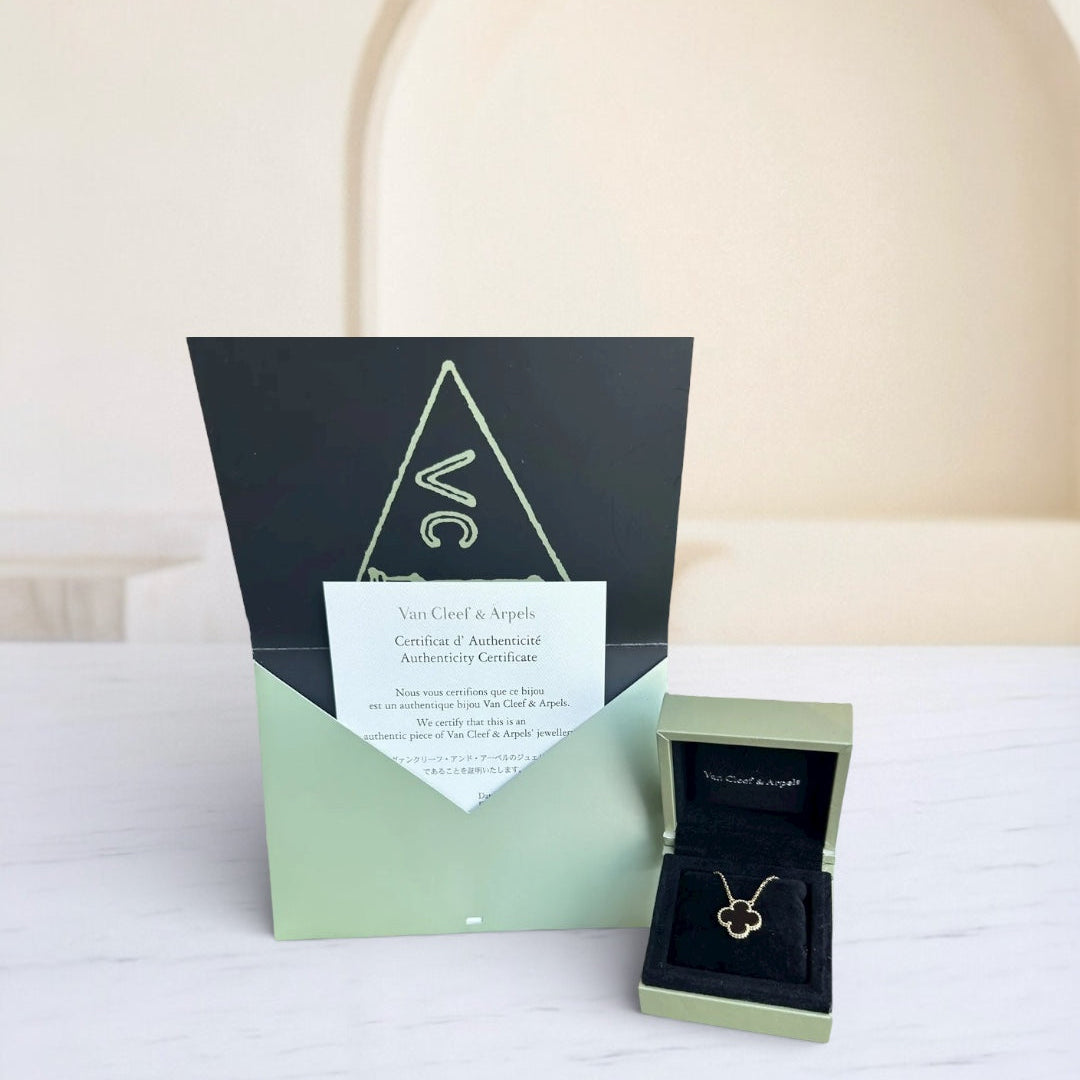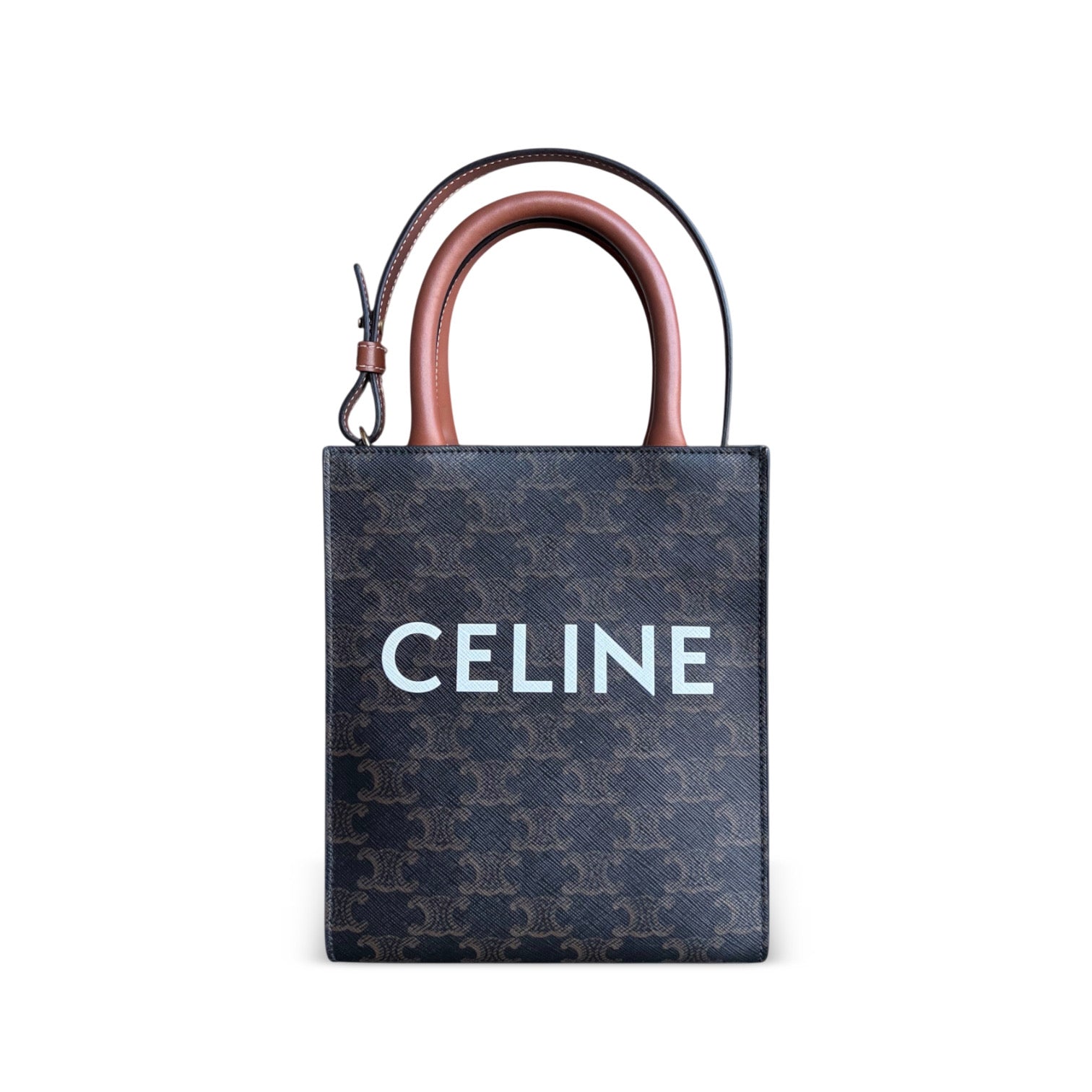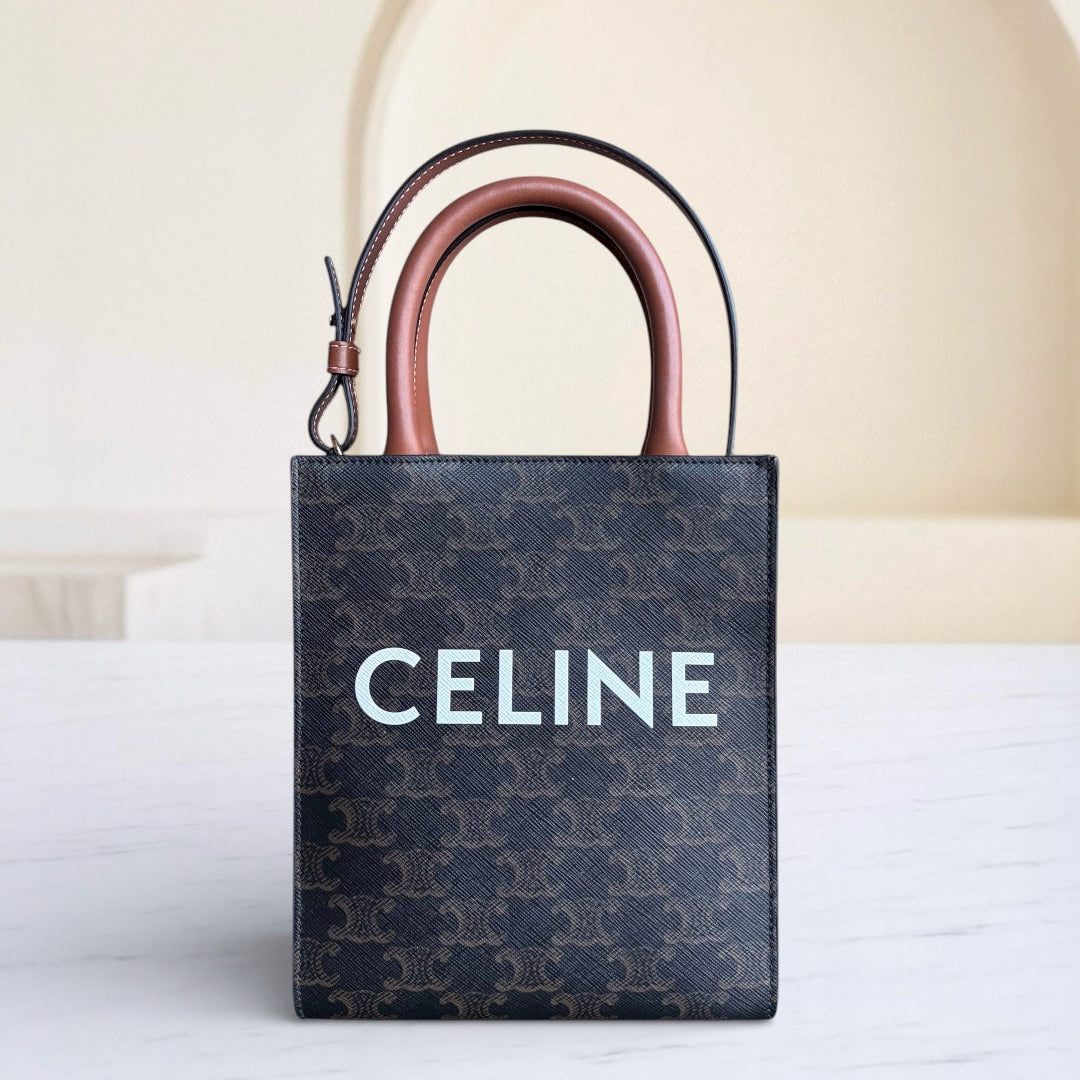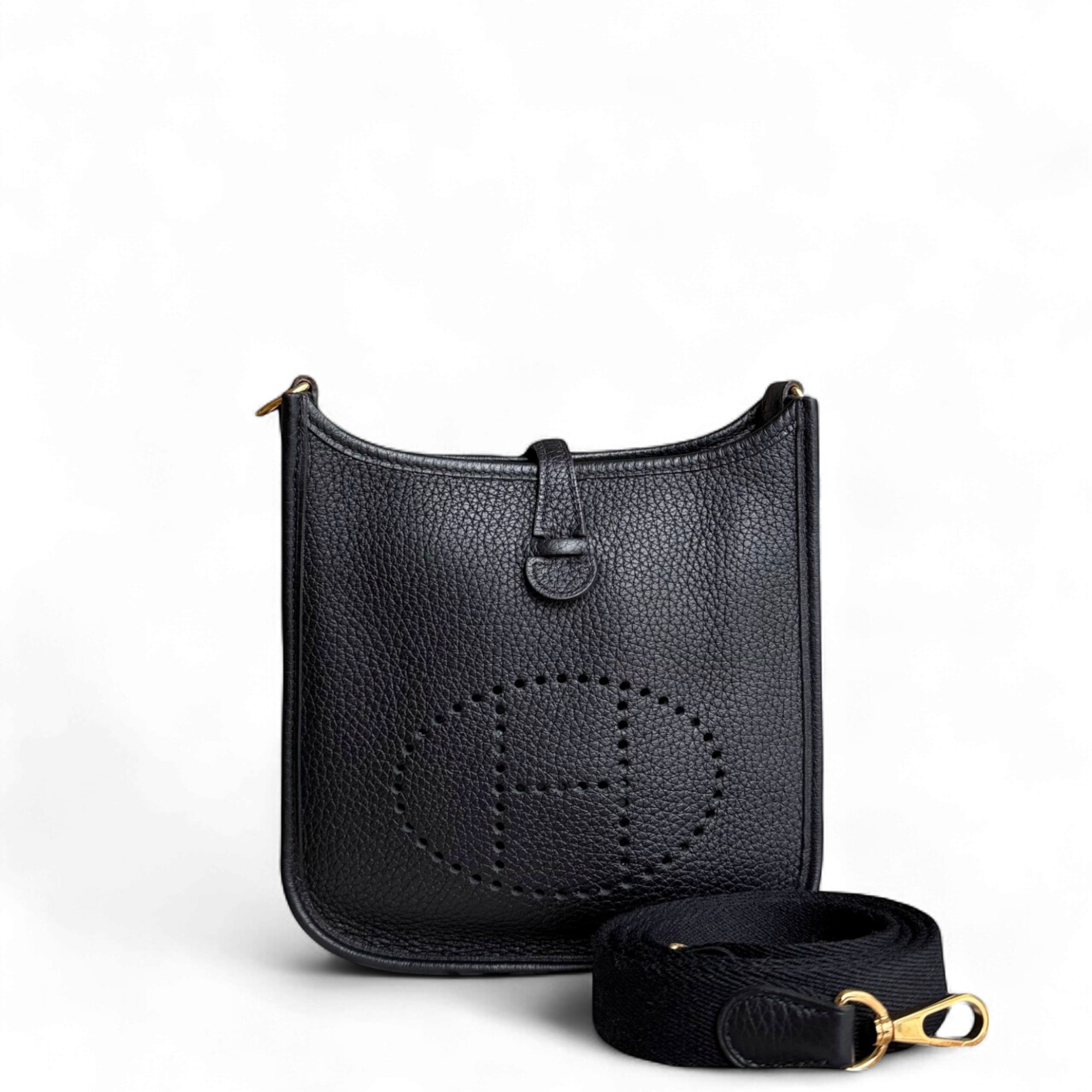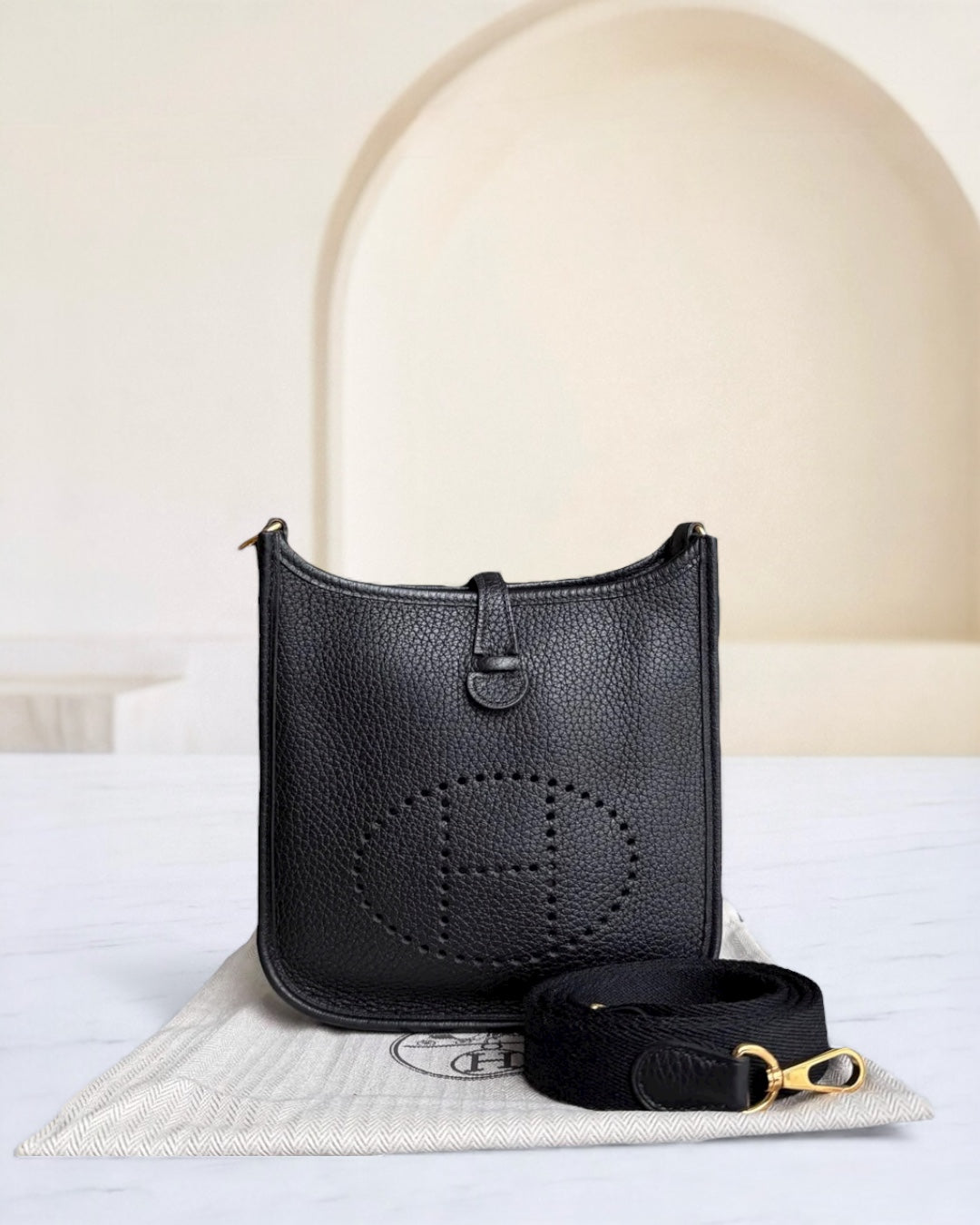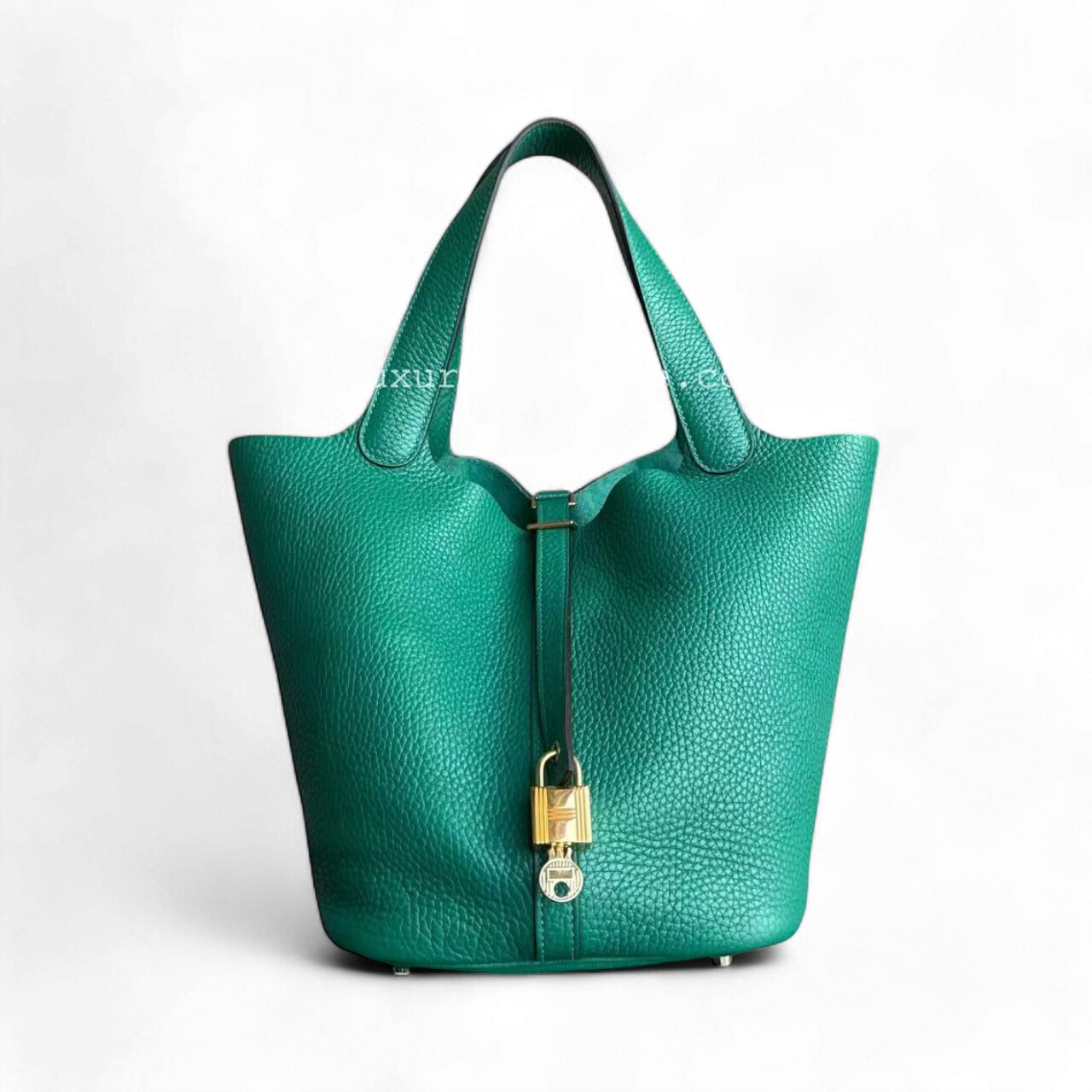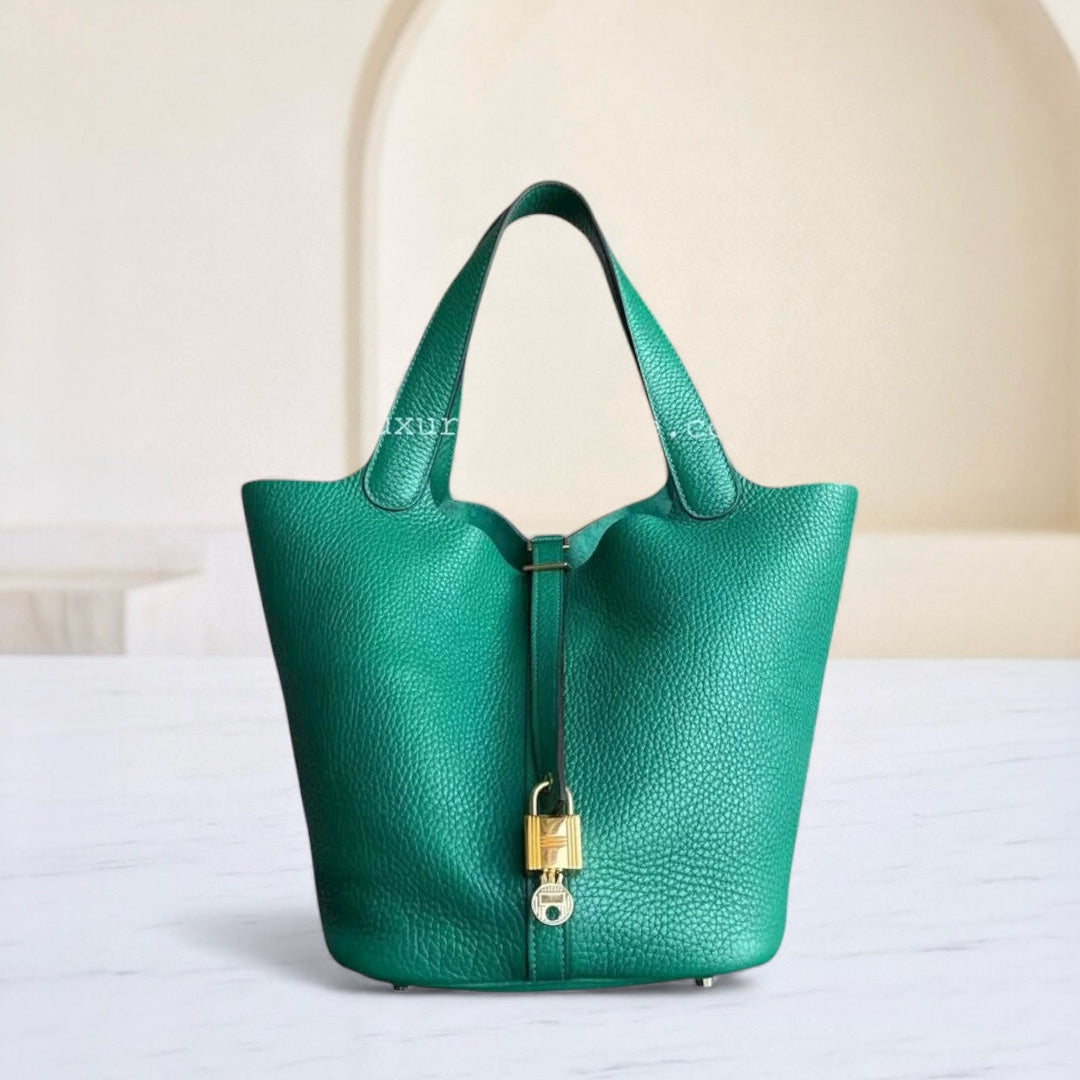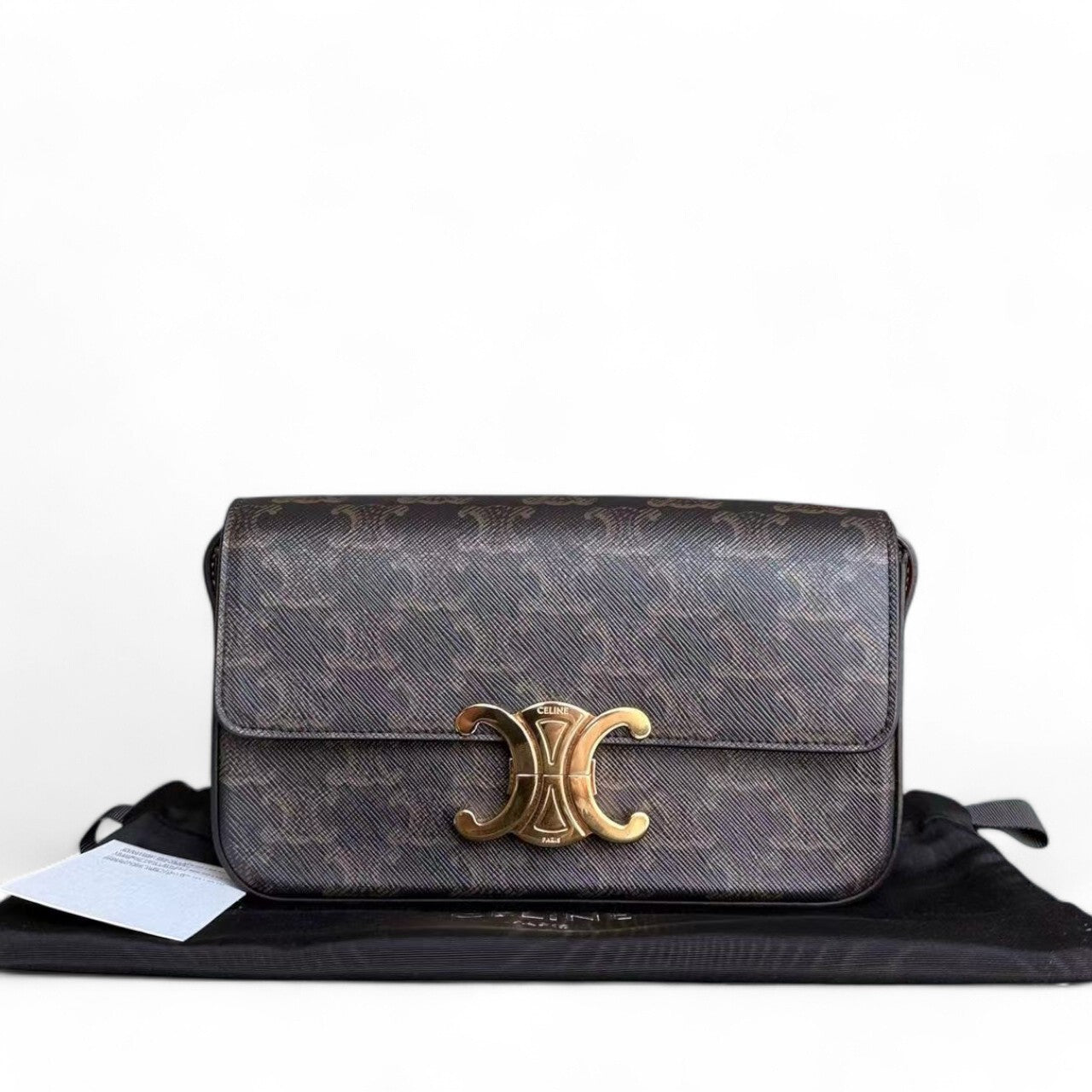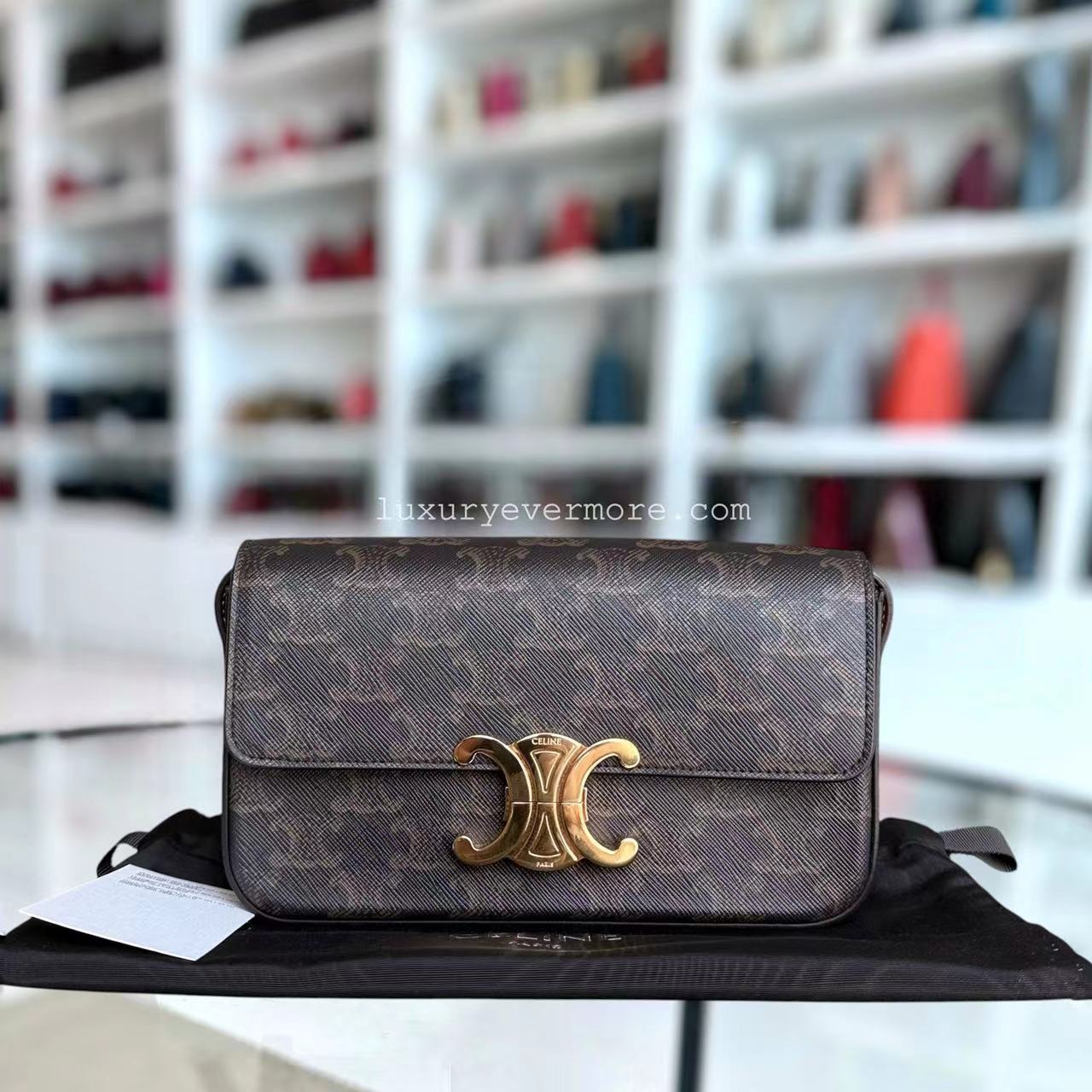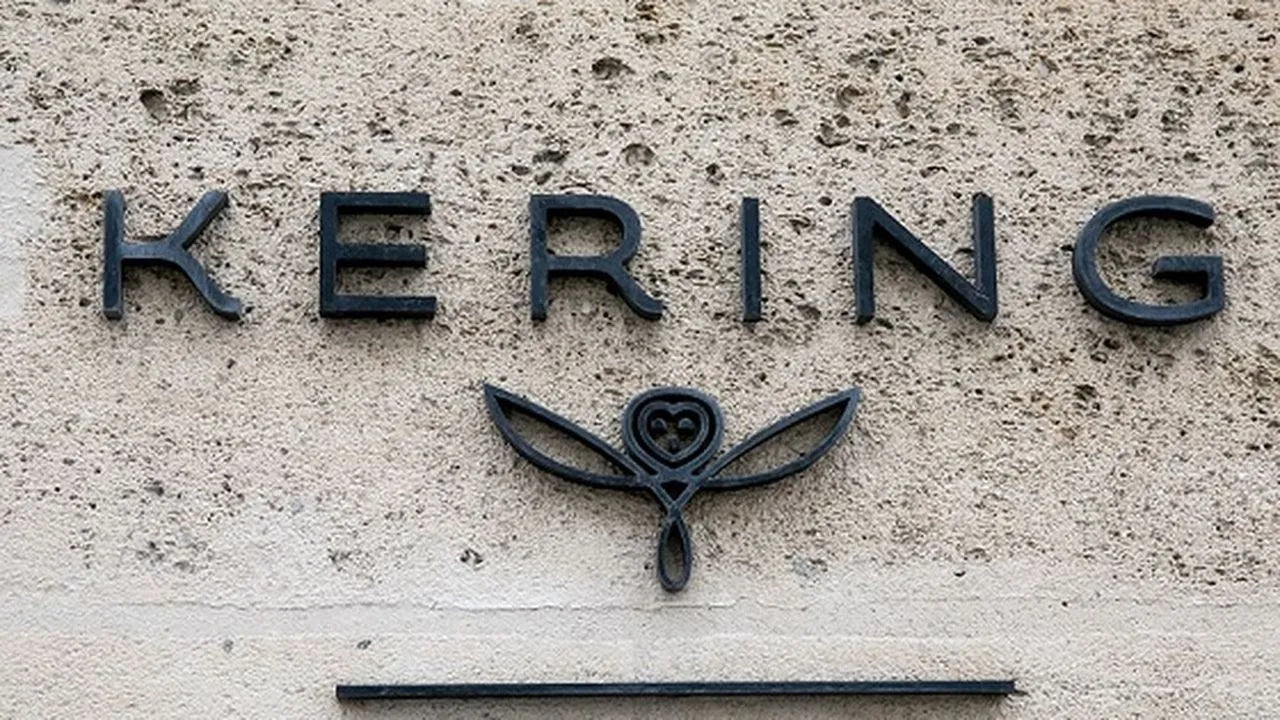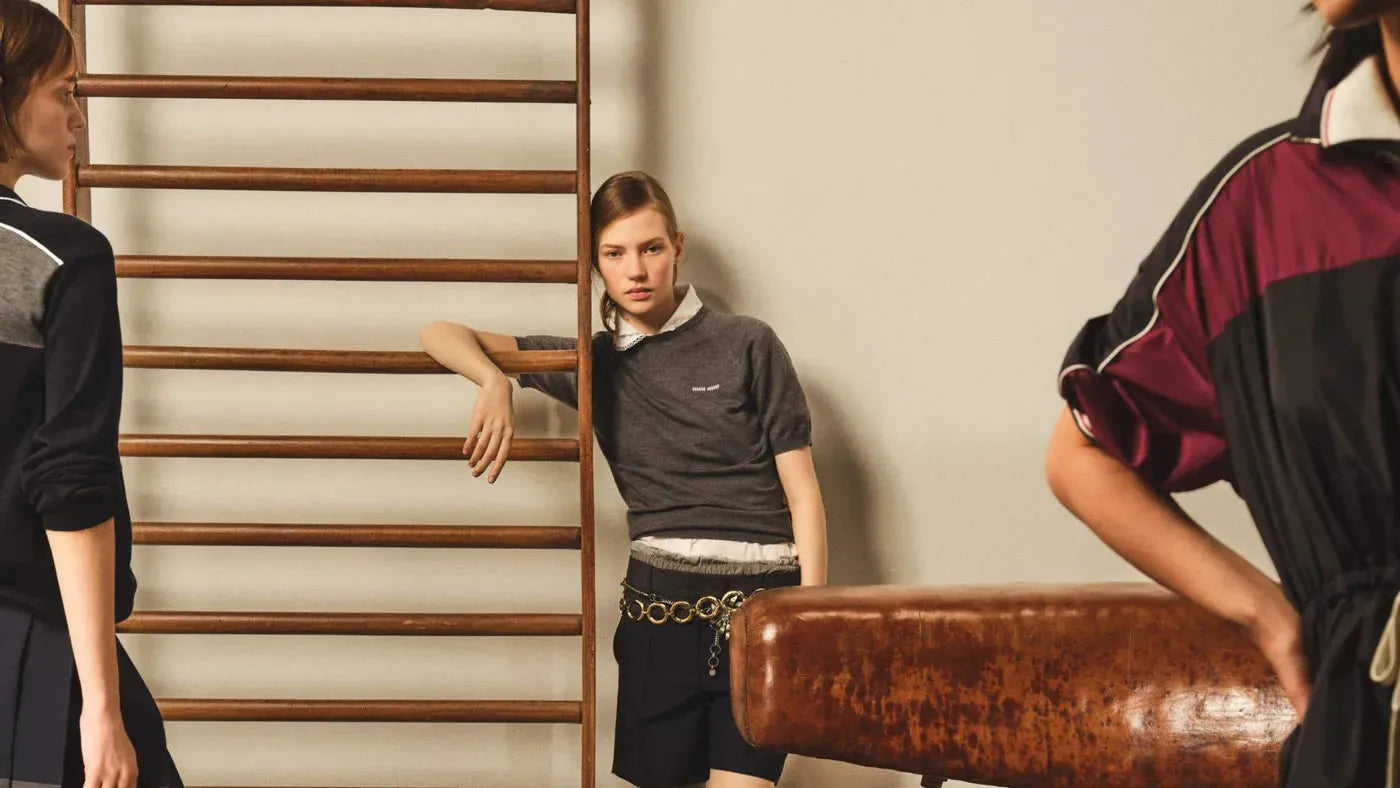
Miu Miu Goes Hollywood: First Short Film in the Works
A handbag’s life, from its creation to its passage down the generations, from the perspective of the bag itself, is explored in “Autobiografia di una Borsetta,” a new film launched by Miuccia Prada for the Miu Miu series.
It’s the first film directed for the fashion house by Hogg, and stars a Wander matelassé leather shoulder bag as its main character. Shot in the Maremma region of southern Tuscany, the 10-minute film was entirely captured using iPhones and follows a day in the life of the bag as it’s passed from one woman to another.
The cinematography focuses on the bag’s perspective, offering a different view of life, and has been helmed by Hong Kong-based cinematographer Poon Man-chun, who has worked with Wong Kar-wai on “In the Mood for Love” and “My Blueberry Nights,” and with Hou Hsiao-hsien on “Three Times.”

“I think the idea of making a film from the perspective of a handbag is an idea that only Miu Miu would come up with, and only Miuccia Prada would have in her mind,” said Hogg, who launched the project in the run-up to the Christmas holidays last year.
“I think it’s a very Miu Miu idea, and I was quite stunned by it, and I thought, well, I fancy doing that. I hadn’t done anything like that before, and I thought it would be quite fun to do something that was a bit playful and different,” she added. Hogg said the film’s themes around ideas about the end of life and “being empty and hollow inside” also fed into her thinking about some of the broader ideas she has been working with for her other projects.
“I think it’s kind of a dark idea, but I think it’s an idea that we’re all probably thinking about, really, which is that when we die, we die, and that’s it. There isn’t anything else. And I think that can be a quite comforting idea, actually, if you’ve had enough of life, and you want it to stop. And I think we’ve all reached the point in our lives, if we’ve lived for a bit, where we’ve had enough, and we don’t want to be here anymore,” she explained.
“I think Miu Miu is very much about and in tune with that idea of that rawness of feeling, and that pared-back feeling that you get when you see Miu Miu clothes. And I think that’s what I like about it. I like the idea of being bare and vulnerable, and I think that’s what Miu Miu celebrates. And I think that’s what the girls in the film, if they’ve got anything in common, then I think that’s what they’re all trying to suppress in themselves, really, which is that they’re all bared-back to how they’re all feeling.” She said the project was a departure from some of her recent work, which has largely been inspired by classic literature.
“I think I’ve probably had enough of that for the time being, and I think I’ve made two or three films in a row that have been like that. And I think I’ve had my fill of that. And I think now I’ve got a break from that. And I don’t think I’ll be doing anything like that again. And I think I’ve had my conversation with the classics, and now I think I’m going to have a conversation with women about women.” Colliding with classic literature, she said, is “a very masculine idea,” and she’s now more interested in “a very feminine idea,” even if she defined feminine and masculine in a non-literal way.
If the project has helped her to reflect on the present and consider the dialogues she wishes to pursue further, it's evident that Joanna Hogg’s exploration into the Miu Miu universe is not just a cinematic venture but a personal journey into understanding and expressing the nuances of existence itself.
